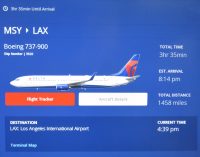 Welcome to another instalment of Brian’s Travel Spot. This is a throwback to 2019, almost exactly three years ago to the day, when I was in America on a five-week, multi-city trip, faced with having to get from New Orleans to Foster City (just outside San Francisco Airport). I’d begun my trip exactly a week before, flying into New Orleans to attend a week-long meeting which ended on Friday afternoon. I was then due in Foster City for another meeting, starting at lunchtime on the following Monday.
Welcome to another instalment of Brian’s Travel Spot. This is a throwback to 2019, almost exactly three years ago to the day, when I was in America on a five-week, multi-city trip, faced with having to get from New Orleans to Foster City (just outside San Francisco Airport). I’d begun my trip exactly a week before, flying into New Orleans to attend a week-long meeting which ended on Friday afternoon. I was then due in Foster City for another meeting, starting at lunchtime on the following Monday.
Sensible options including spending the weekend in New Orleans before flying to San Francisco on Monday morning, or flying to San Francisco on Friday night to spend the weekend in the Bay Area. However, I chose a third option, that of travelling via Los Angeles, which is how I came to be heading to New Orleans’ Louis Armstrong Airport on Friday evening to catch a flight to the famous LAX (Los Angeles International Airport). I was flying with Delta, my favourite American airline, and, since work was paying, I was in first class (although, as you will see, this is a bit of misnomer when it comes to internal flights in the USA).
As usual, I’ve split this Travel Spot into the following sections:
- Deciding to Fly to Los Angeles
- New Orleans Airport on a Friday Night
- Flying First Class with Delta
- Takeoff and Dinner
- The Flight and Landing at Los Angeles
Let’s start with why I chose to go via Los Angeles, which you can read about after the gallery, a quick summary of my time in New Orleans.
Something that I occasionally forget about the USA is just how big it is. It also doesn’t help that in my mental map of America, New Orleans is roughly equidistance between the east and west coasts, whereas in reality, it’s much closer to the east coast. As a result, the distance between New Orleans and San Francisco is around 3,500 kilometres, with a direct flight taking around five hours.
Faced with the challenge of getting from New Orleans on a Friday afternoon to Foster City by lunchtime on the following Monday, the sensible option would have been to stay in New Orleans for the weekend and catch the early morning flight to San Francisco. However, neither the price of direct flights to San Francisco nor the concept of “early morning” appealed to me, so I passed on that option.
Similarly, the price of direct flights was just as high on Friday evening, so I shelved the idea of heading straight to the Bay Area, particularly as I was planning on spending the weekend following the meeting in San Francisco and the week after that exploring the wider Bay Area. Instead, I decided to fly to Los Angeles on Friday night, when there were several (comparatively) cheap direct flights. This would allow me to spend Saturday exploring downtown LA, then on Sunday, I could catch the train from Los Angeles to San Francisco (well, in my case, San Jose).
In the end, it was a no-brainer. The combined price (flight, two nights in a hotel and train) was cheaper than any of the direct flight options, while it also gave me another chance to check out Los Angeles. Finally, it meant I got to do a train ride that had long been high on my list: taking Amtrak’s Coast Starlight along the Pacific Coast going north from Los Angeles. It was a route that I had previously driven (in 2017), but this was the first time I’d had the chance to do it by train.
Thus, the choice was made. Of course, in an ideal world, I’d have caught the train, the Sunset Limited, from New Orleans to Los Angeles. This is another route that I want to do, having travelled from New Orleans to Tucson in 2018. However, the train journey spans three days, so there just wasn’t enough time to fit it in.
All that was left was to pick an airline. I could have flown with American Airlines, giving me lounge access through my Silver Status with One World partner, British Airways, but it was significantly more expensive than Delta, which I prefer as an airline. Plus, flying Delta on this occasion had an advantage: my Virgin Airmiles. These were a hangover from the days before I flew everywhere for work with British Airways and were due to expire later on that the summer, so taking a Delta flight meant that I could earn Virgin Airmiles for it, preventing my existing miles from expiring. Bonus!
After previous experiences flying economy within the US, I’d vowed never to fly internally unless I could go first class. Although this sounds extravagant, first class is often not much more expensive than economy once you include all the extras. In my case, this included two checked bags (which you often have to pay for in economy) as well as a free evening meal. The extra legroom in first class is also very important on a long flight like this (3½ hours), whereas in economy, I’d have had to pay for an exit row seat (always assuming that I could have got one).
So it was that I found myself heading out of New Orleans on Friday afternoon, where I’d been enjoying the French Quarter Festival, and heading off to the airport.
You can see how I got on after the gallery.
The only other time I’ve flown from New Orleans was back in 2010, on my very first visit. Back then I took the bus from the city centre to the airport, which is about 25 km west of the city centre. Although the airport is well served by the E1 bus, which runs every 25 minutes from Canal Street in downtown New Orleans, it takes around an hour. Instead, since work was paying, I decided to get a taxi, which picked me up from my hotel at 16:30.
The Friday night traffic wasn’t too bad, and I reached the airport at 17:10 in plenty of time for my flight. I found the check-in desks easily enough, tucked away on Concourse D at the far end of the airport, although by the time you read this, this may have changed, since New Orleans is due a new airport terminal building sometime in the relatively near future.
Having already checked in online, I skipped the automated check-in kiosks and the lines for manual check-in, instead heading for bag drop, a relatively quick and painless process. By 17:20, I was heading for security, where my first class ticket meant that I was able to skip ahead to the front of the line. As a result, I was through security (another painless process) by 17:30, leaving me 40 minutes to kill before my flight’s scheduled boarding time (18:10).
Despite flying first class, I didn’t have lounge access, since in America this is reserved for those flying internationally (in either business or first class). As an aside, this is why I often fly with American Airlines, since my status with British Airways, an American One World Alliance Partner, lets me use the lounge. Instead, I had to wait in the gate area with everyone else, having first ascertained that there were no decent coffee options in the airport.
As it turns out, the gate (D4) wasn’t too bad, with enough space for pretty much all the passengers, plus a reasonable number of power outlets, so I got my laptop out and did some work. Our plane, a very new Boeing 737-900, arrived at the gate at roughly the same time as I did (17:35) and we started boarding on time (18:10) which was a rare but pleasant surprise. After the usual call for passengers needing assistance, first class was called for boarding, requiring me to negotiate the usual scrum of people hanging around the gate. However, once I was through the crowd, I walked straight on the plane and straight into my seat (2C).
You can see what I made of the plane and the first class seating after the gallery.
Travelling from Miami to Phoenix in 2018, I was rather dismissive of the whole experience of flying first class in America. With hindsight, I think this was a failure of expectation rather than one of substance. In my head, I was comparing first class with business class on long-haul flights. Instead, I should have been thinking about Club Europe, the British Airways equivalent to first class for short-haul flights.
When you make this comparison, first class on American short-haul flights stacks up rather well, with bigger and more spacious seats, although the level of service is similar. For my flight to Los Angeles, I was on a very new Boeing 737-900, a narrow-bodied jet with a single aisle and, in first class, just two seats on either side of the aisle. These are dedicated business-class seats, by the way, whereas in comparison, Club Europe has standard-width economy seats with the middle seat taken out of use to provide an extra table.
This means that in comparison the first class seats are quite a bit wider, while there’s also plenty of legroom, with space for me to get my knees behind the seat in front as well as being able to stretch my feet out under it. The contrast to Club Europe couldn’t be greater, where the spacing between the rows in Club Europe is exactly the same as in the standard economy seats (that is, not very much!). As a result, when I fly Club Europe, I always try to get the bulkhead row and, if I can’t, I take an aisle seat to avoid triggering my claustrophobia. Here I was in the second row, so had gone for an aisle seat, although there was so much room that I’d have been very happy with a window seat.
The seat itself was well-appointed, as I would expect on such a new plane. There’s at-seat power, in the shape two multi-form sockets on the stanchion between the two seats in front. This was pleasingly easy to access, while there’s also a USB socket in the entertainment system, which is embedded in the back of the headrest of the seat in front. Blessed with a large, clear screen, this offers movies and a full, interactive map, plus all the other entertainment features you’d expect on a long-haul flight. The plane also has Wifi, although you do need to pay to access it.
There’s plenty of storage space, provided by pockets in the back of the seat in front. One large pocket runs the full width of the seat, with three smaller, half-width pockets above that. There’s also a small, fixed table at the front of the armrest between the seats for drinks, etc. If you’re worried, by the way, that you’ll miss out if you get a bulkhead seat, never fear. The bulkhead seats have the same monitor/entertainment system, mounted at eye level on the bulkhead, with the storage pockets below that at floor level.
The main table is stowed in the central stanchion between the seats and lifts out as normal, pivoting forward and then folding down by 90° to form a half-width table. This then folds out again to form a (very wide) full-size table. It has very little forward/backwards movement, but fortunately it was in the right spot for me to use my laptop, so it wasn’t an issue.
The only slightly disappointing aspect was its stability. With only one side supported, I found that the table bounced when I typed, unless I propped up the far end with my knee. This can be avoided if the table is wide enough to reach the arm rest at the opposite side of the seat, but in this case, I was paying the price of sitting in a really wide seat, where the edge of the table was about three centimetres away from the armrest! Oh well, I guess you can’t have everything!
You can see how the flight went after the gallery.
The cabin crew came around with an offer of a pre-flight drink, so, having missed out at the airport, I ordered coffee, although with hindsight, it was not a great idea. Even though the machine must have only just been switched on, it tasted stewed and was very strong. I drank about half of it and then decided to leave the rest.
The plane, which has a capacity 180 passengers, was full and the staff were starting to gate-check bags. This slowed things down and, in the end, boarding took a full 35 minutes. The doors were closed at 18:45 and we went straight into preparing for takeoff, pushing back at 18:50, before sitting on the tarmac for the safety video. One of the things that I found really weird is that there were passengers talking on their phones all through the safety video, which makes a mockery of the whole process. The cabin lights were dimmed for takeoff (standard procedure), but unusually, people could keep the window blinds down, which is weird.
The pilot announced seats for takeoff at 18:55, just as we started a five-minute taxi to the far end of runway, which surprisingly short. I’m used to really busy airports and 20-minute taxis, but even on a Friday evening, New Orleans was really quiet and I hardly saw any other planes. We took off at 19:00, heading east, before making a wide turn to the north over Lake Pontchartrain, but by then we were already in the clouds.
Although there wasn’t much in the way of views as we took off, I really wish I’d sat in the window seat, particularly when we broke through the clouds. These were looking splendid, with the tops of the cloud lit by the setting sun. Fortunately, the person in the seat next to me kept the blind open, so I had something of a view.
We flew northwest for a while, passing north of Baton Rouge, before turning to fly west, heading for Texas. There was a little bit of turbulence in the early part of the flight, which meant that the seat-belt signs were kept on for longer than usual. They finally came off at 19:35, which signalled the start of the meal service, the cabin crew coming through the first class cabin (just five rows) to lay our tables with a simple white cloth. The service was good, with the crew taking orders (beef or pasta), while each meal was served individually on a tray, the food arriving at 19:50.
I’d pre-ordered a vegetarian meal, but ended up rather regretting my choice. The food itself was fine, well-cooked and tasty, but the selection was poor, taking me back to the bad old days of flying in economy when, to save costs, vegetarians and vegans got lumped together, so any vegetarian meal ended up being vegan by default. So it was here, with my choice of a dairy vegetarian meal being morphed into a dairy-free option, consisting of a standard side salad, a plate of (very fine) vegetables and a fruit salad for dessert. All, sadly, rather boring and predictable, although I did manage to get a spare tub of ice cream (sorry, vegan friends) from the cabin crew.
Dinner was done with and cleared away by 20:10, after which it was a case of sitting back and enjoying the rest of the flight, which had around 2½ hours left to go. You can see what I got up to after the gallery.
I was tempted to watch a movie (there was a choice of over 300!), but I really needed to finish writing the new Saturday Supplement. This was all about the various coffee roasters I’d met at London Coffee Festival, which I’d attended the weekend before I flew to New Orleans, so I got on with that.
We made good progress across Texas, New Mexico and Arizona, where we flew from east to west, roughly equidistant between Flagstaff and Phoenix, where I’d been at the start of the year. One of the big differences I’ve noticed between US and UK airlines is the attitude to the seat-belt sign. When I’ve flown on UK airlines, particularly British Airways, if the seat-belt sign goes on, you know you’re probably in for some turbulence. Then, when the plane has passed through the turbulence, off it goes. This is coupled with a fairly strict enforcement by the cabin crew.
In contrast, US airlines tend to put the seat-belt sign on at the first sign of trouble, then leave it on for the rest of the flight, which is exactly what happened to us. Not long after dinner, the sign went back on, remaining on for most of the flight. However, there was no attempt to enforce this, with the cabin crew seemingly happy for people to get up, wander around and use the toilets.
Naturally, on a 3½ hour flight, I needed to get up and have a wander myself, although, as I discovered, on a single-aisle aircraft like my 737-900, there’s really nowhere to go! With wide-bodied aircraft, you can often go up one aisle and down the other, using the galleys as a cross-over point. You can also stand around in the galley itself. However, this is a problem when there’s only one aisle, while the galley in first class was tiny, so there really was nowhere to walk about or stand.
We crossed over from Arizona to California, before coming in for our final approach. On long-haul flights, this is quite an involved process, including a warning 40 minutes out, with everyone needing to be in their seats with 20 minutes to go. Here it wasn’t until 22:35 (20:35 local time) that they wanted us back in our seats with everything put away, just 10 minutes before landing.
We duly touched down at 22:45/20:45 and were quickly at the gate, which surprised me, given how busy LAX is. I was off the plane by 23:00/21:00, although it took me another 20 minutes to get from the gate to baggage reclaim, where I retrieved my bags. LAX is right on the coast, southwest of downtown Los Angeles, whereas I was staying just north of downtown on Sunset Boulevard, very near the Dodger Stadium.
I’d already decided that I wasn’t going to try to get there by public transport, so went for a Lyft instead. By 21:25, I was at the pickup area, but there was no sign of my ride. Looking on the app, the driver just kept getting further and further away, rather than closer, so after 15 minutes of this, I cancelled the first Lyft and rebooked with another, who was 15 minutes away, eventually arriving at the airport just before 22:00.
After that, it was fairly smooth, although I didn’t see very much in the dark! The important thing was I arrived safely at my hotel, ready for a day of exploring downtown LA’s speciality coffee scene.
That concludes this instalment of Brian’s Travel Spot. I hope you enjoyed coming along on my flight. If you want to see what else I got up during my five weeks in America, including my two mammoth train journeys, please check out the trip’s Travel Spot page.
Don’t forget that you can share this post with your friends using buttons below, while if you have a WordPress account, you can use the “Like this” button to let me know if you liked the post.


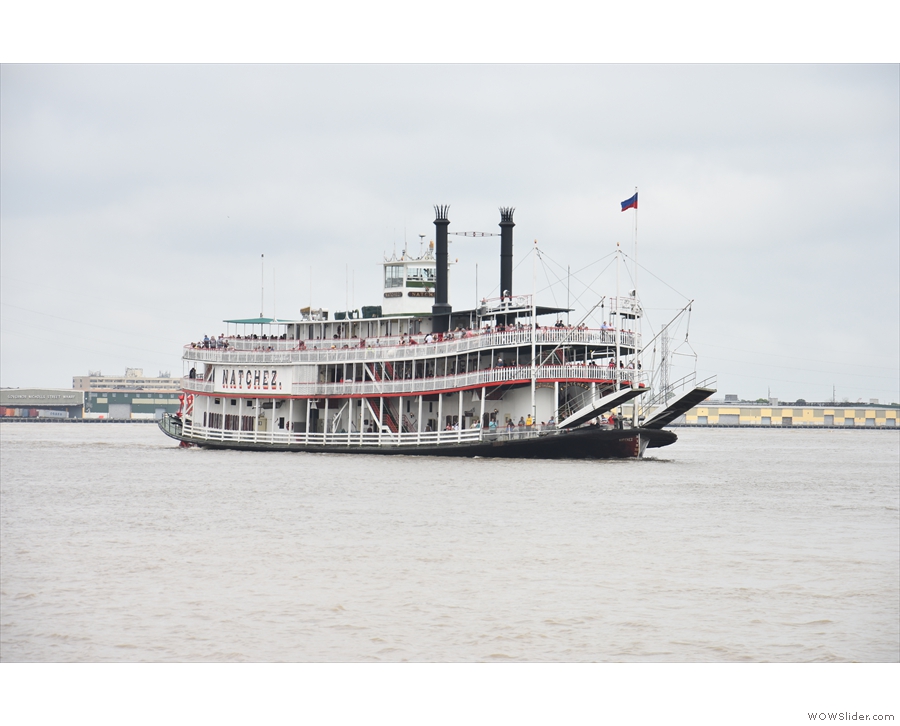
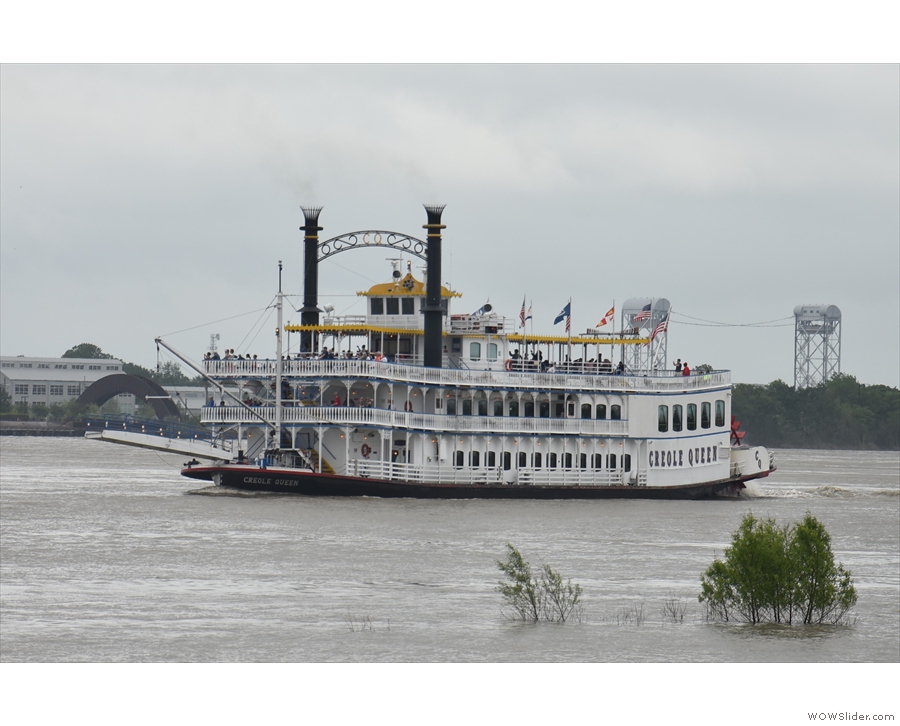
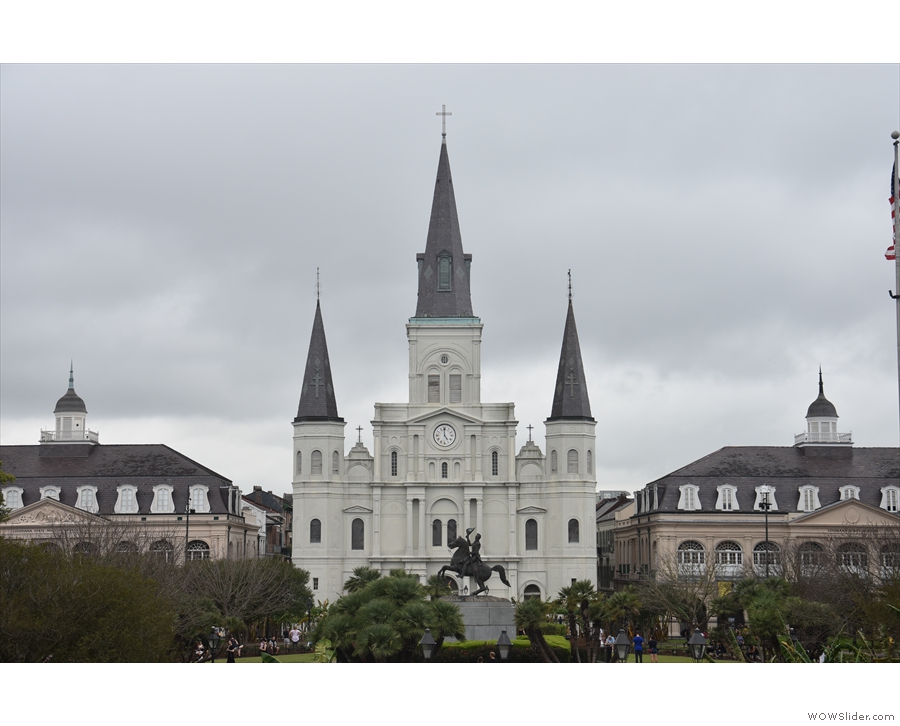
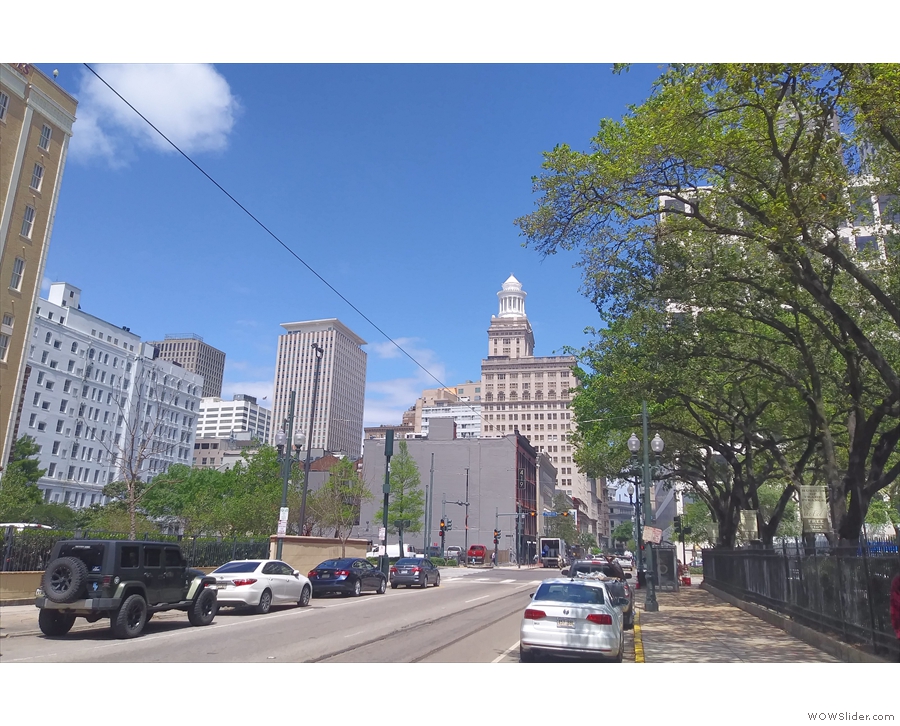
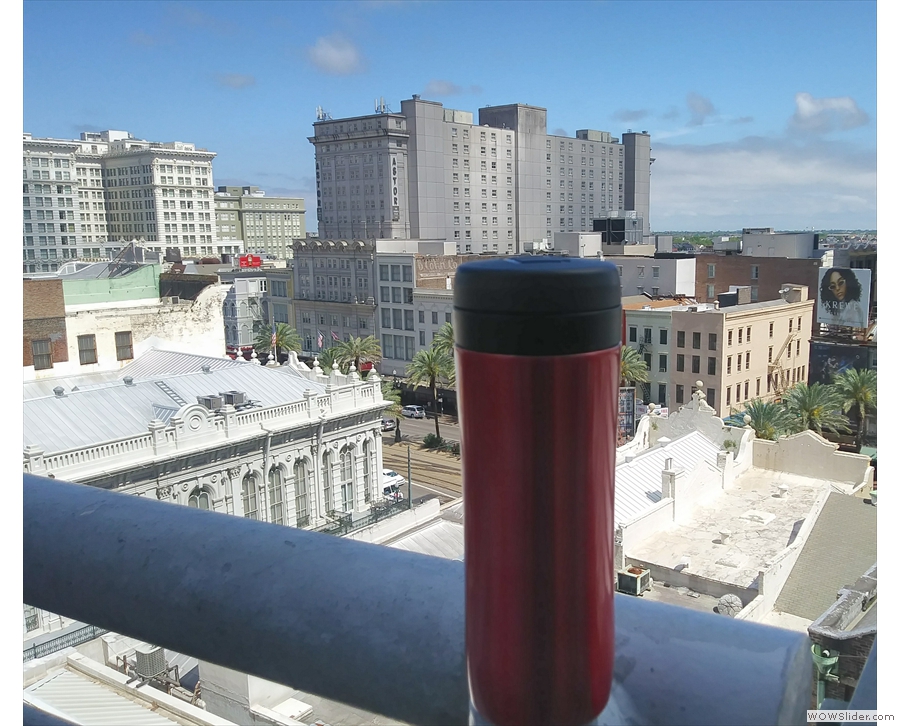
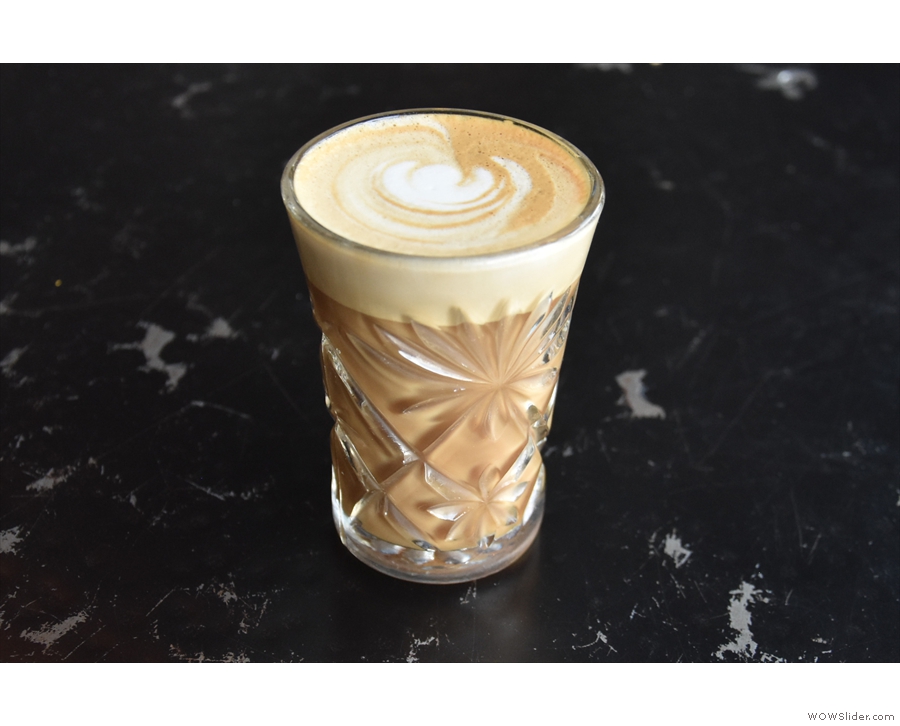
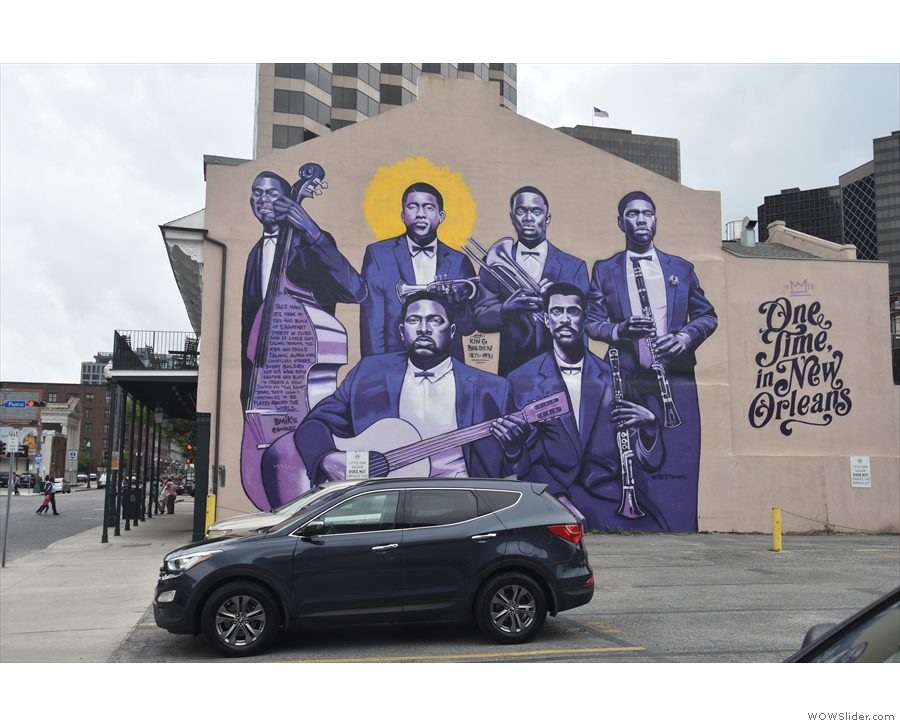
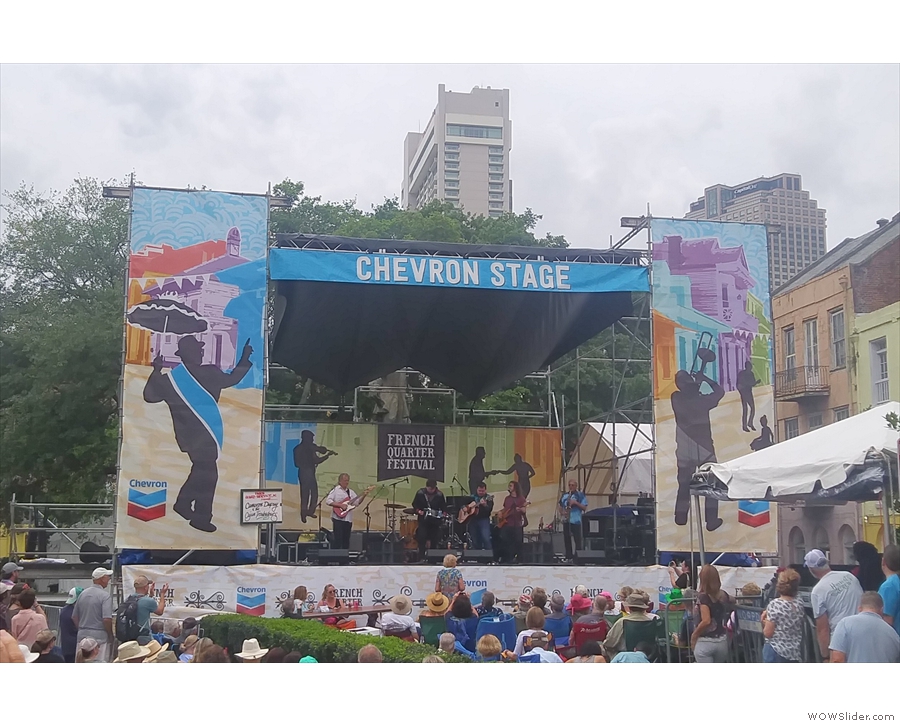
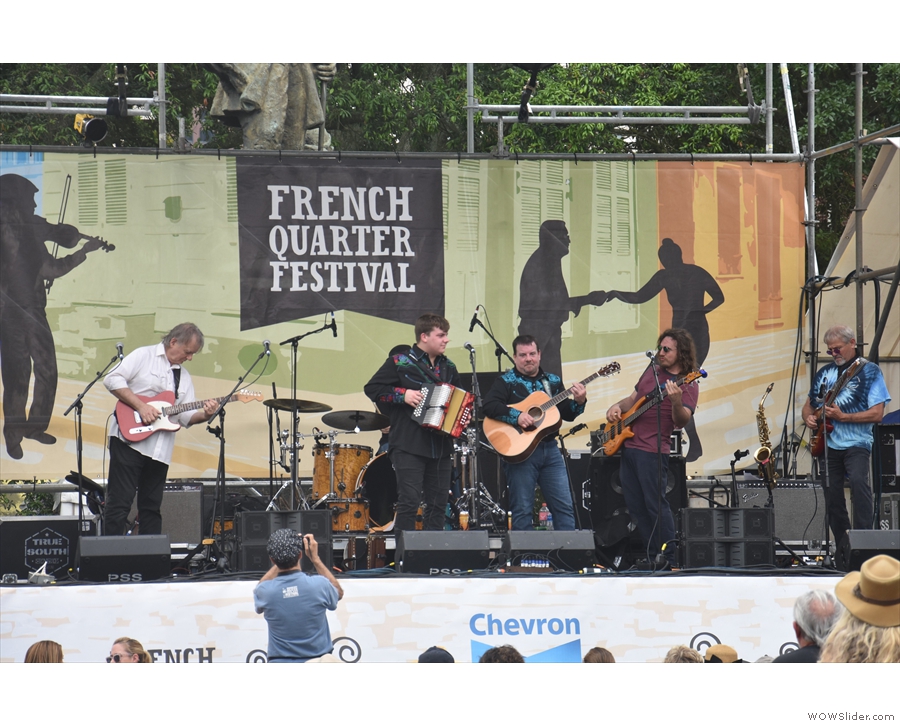
 1
1 2
2 3
3 4
4 5
5 6
6 7
7 8
8 9
9 10
10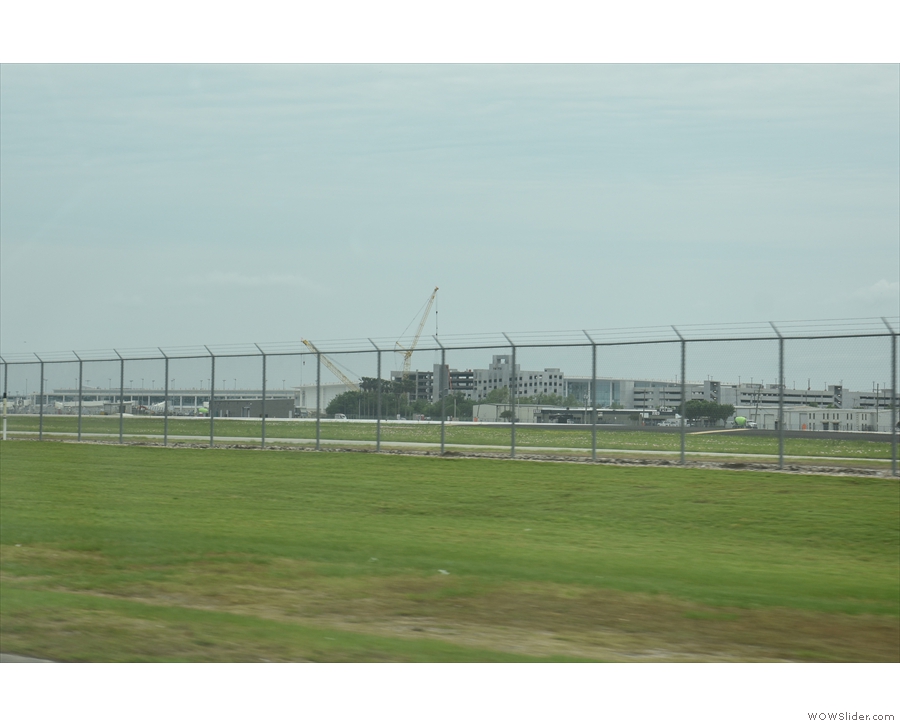
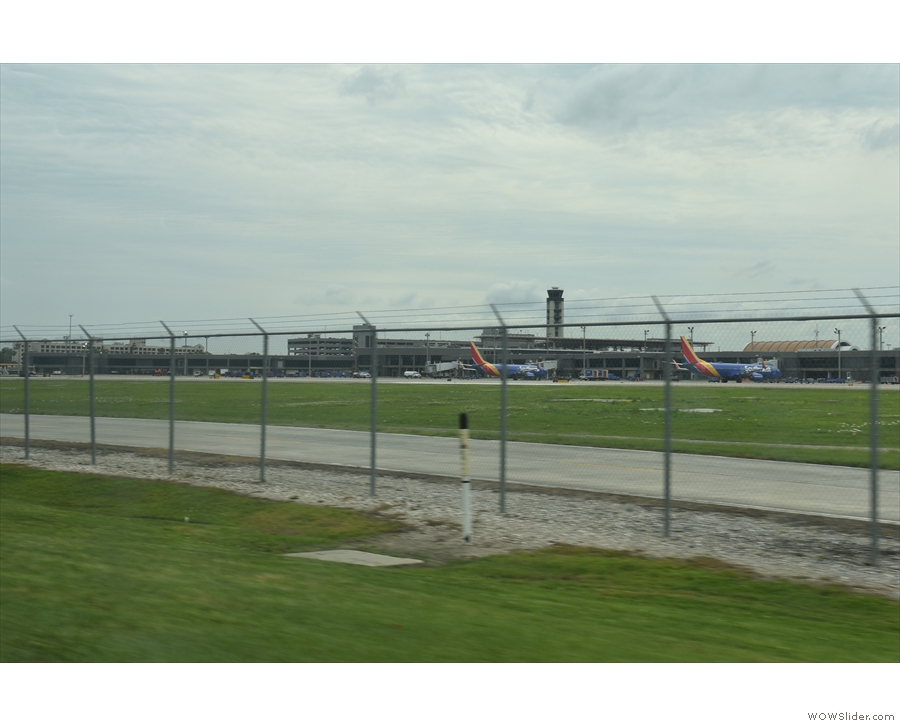
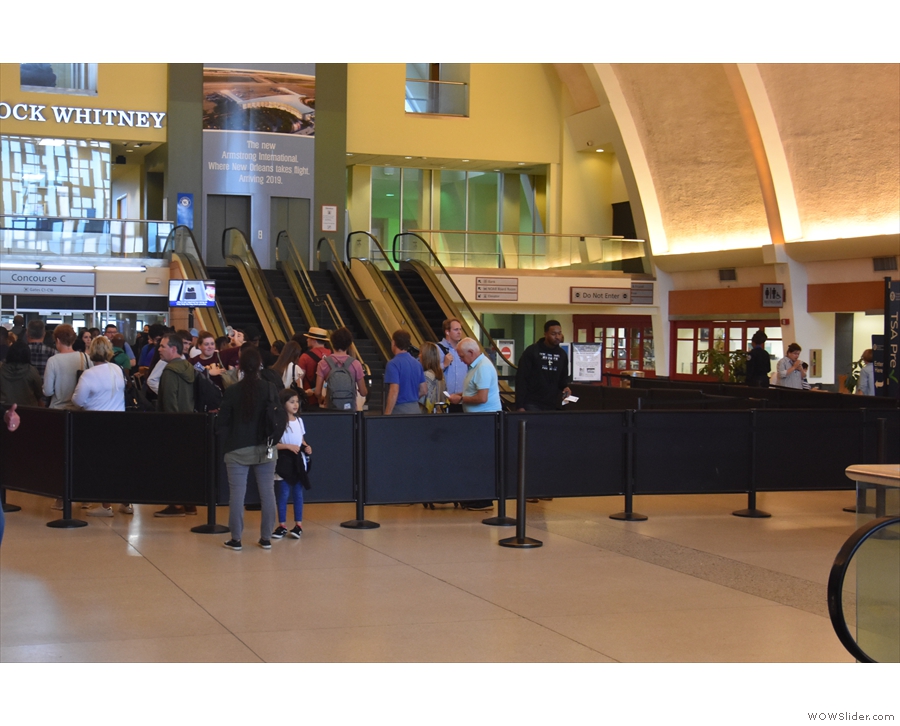
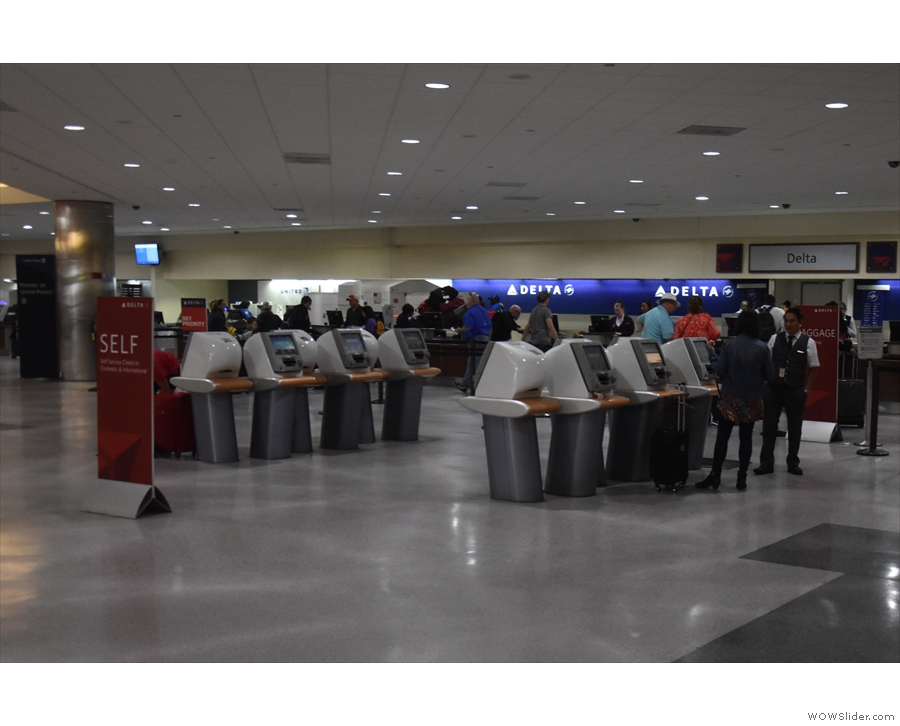
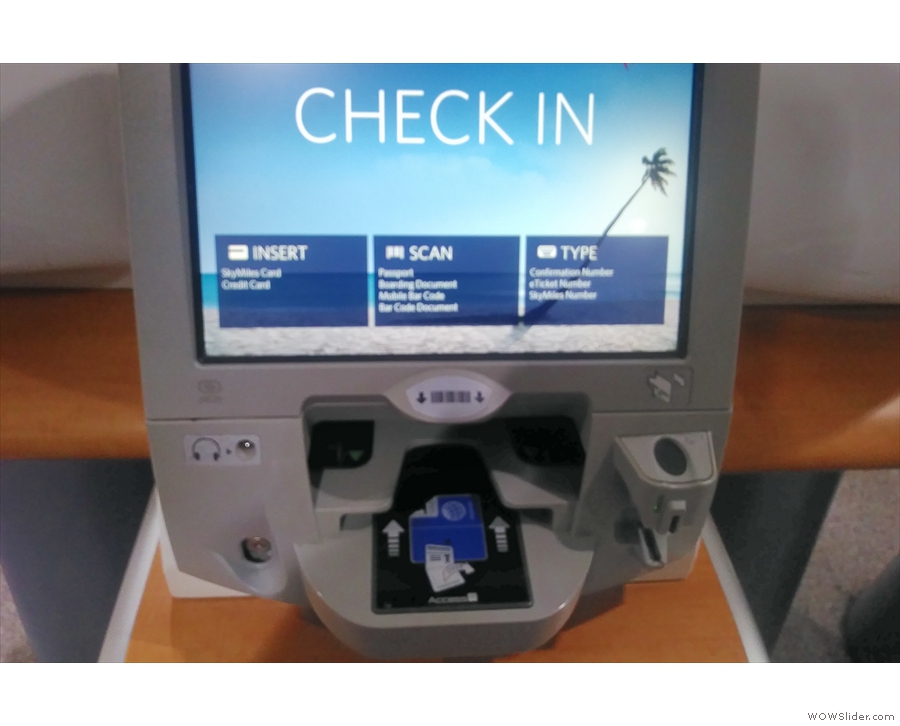
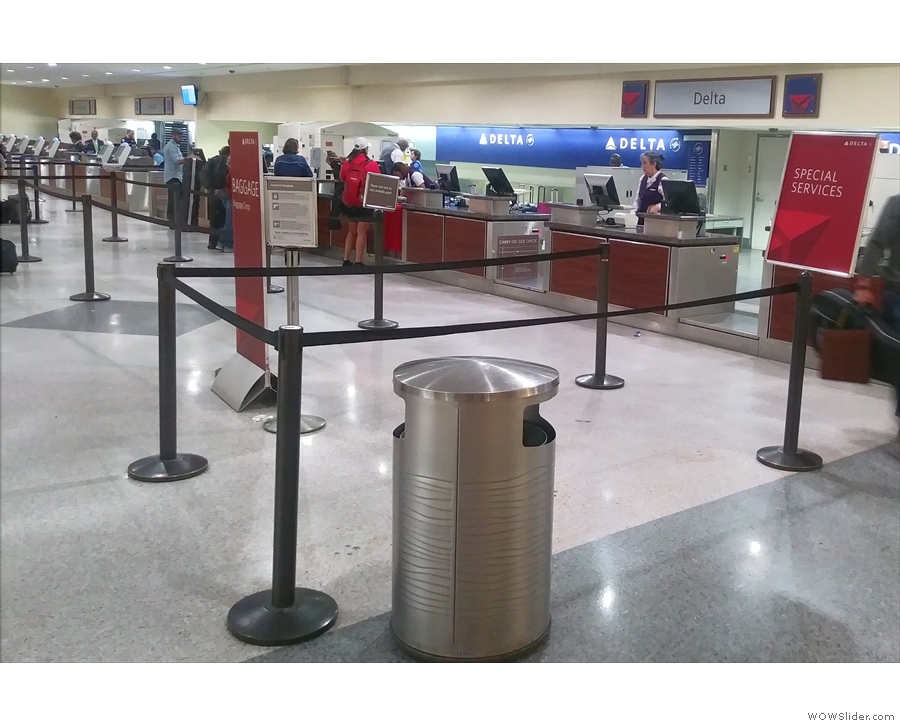
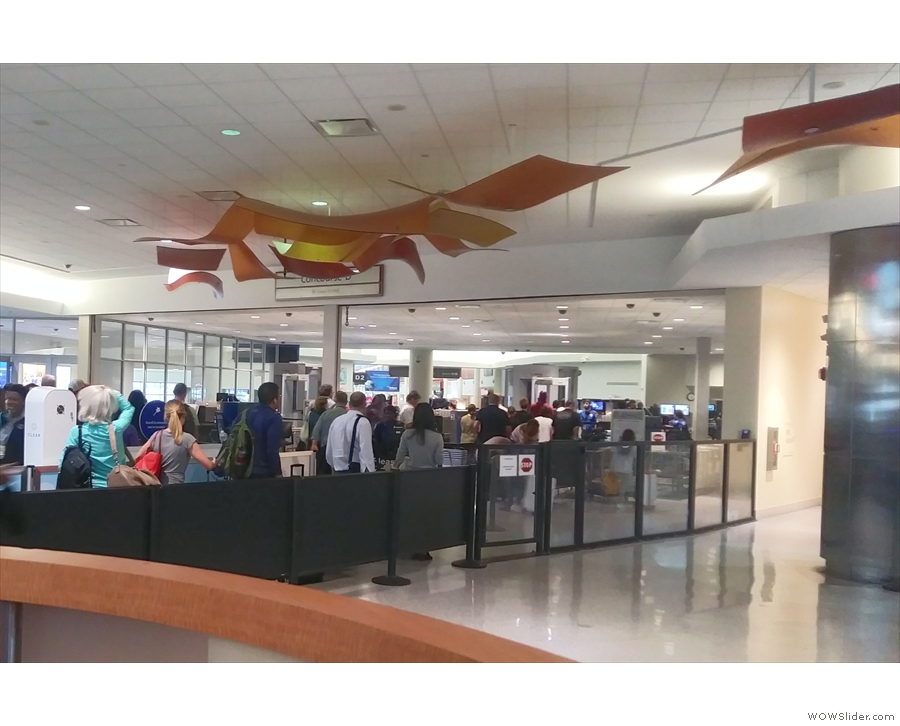
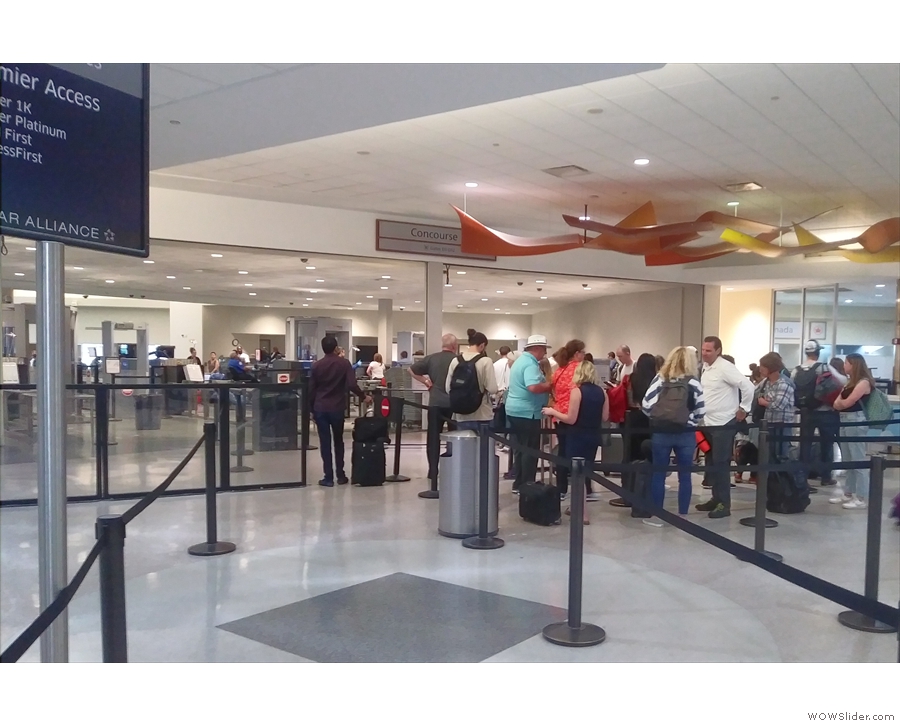
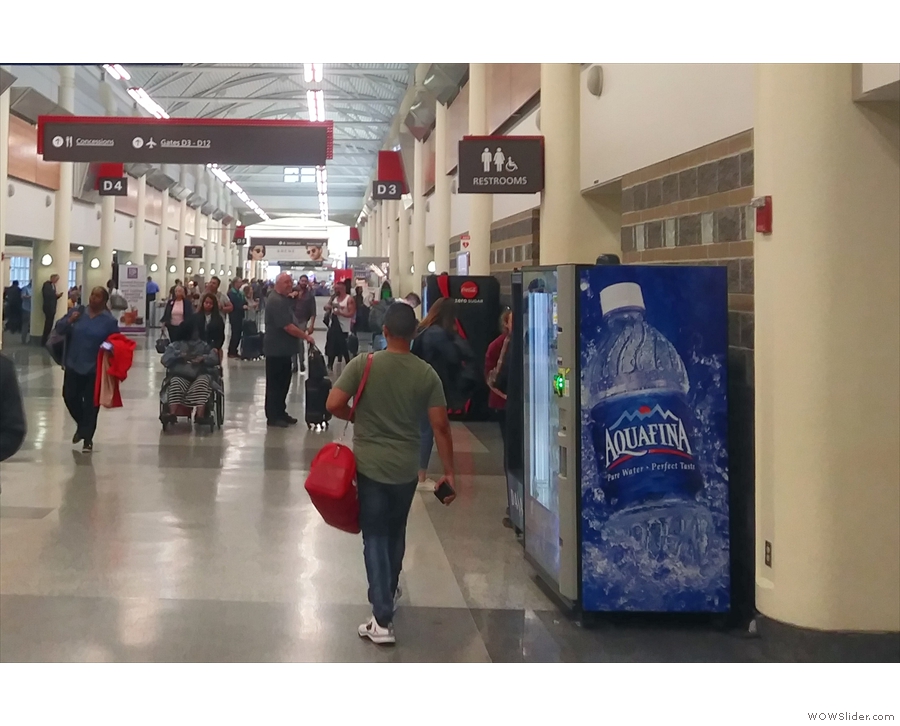
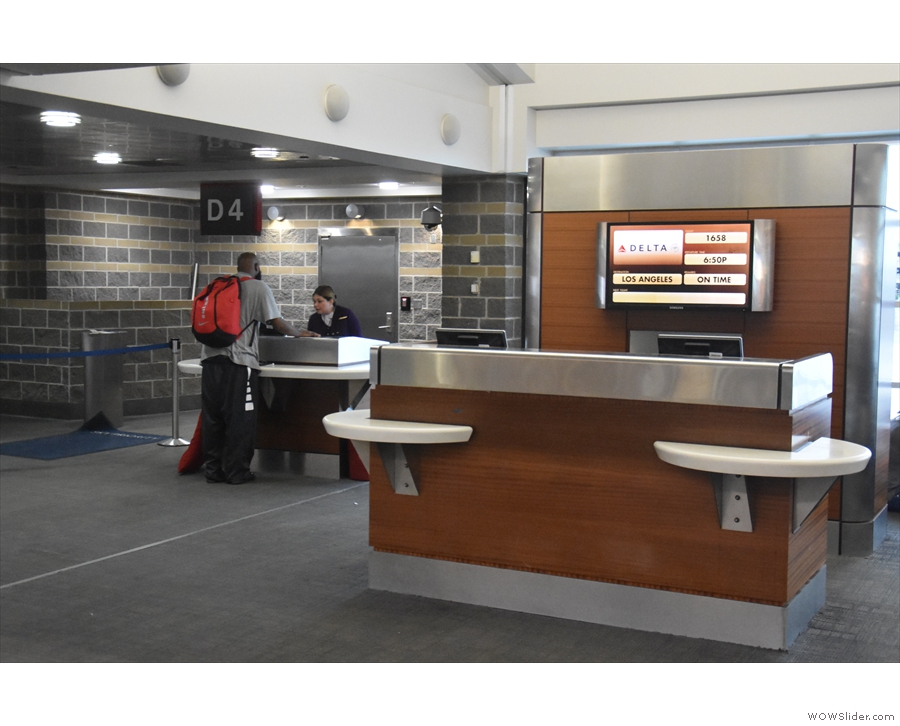
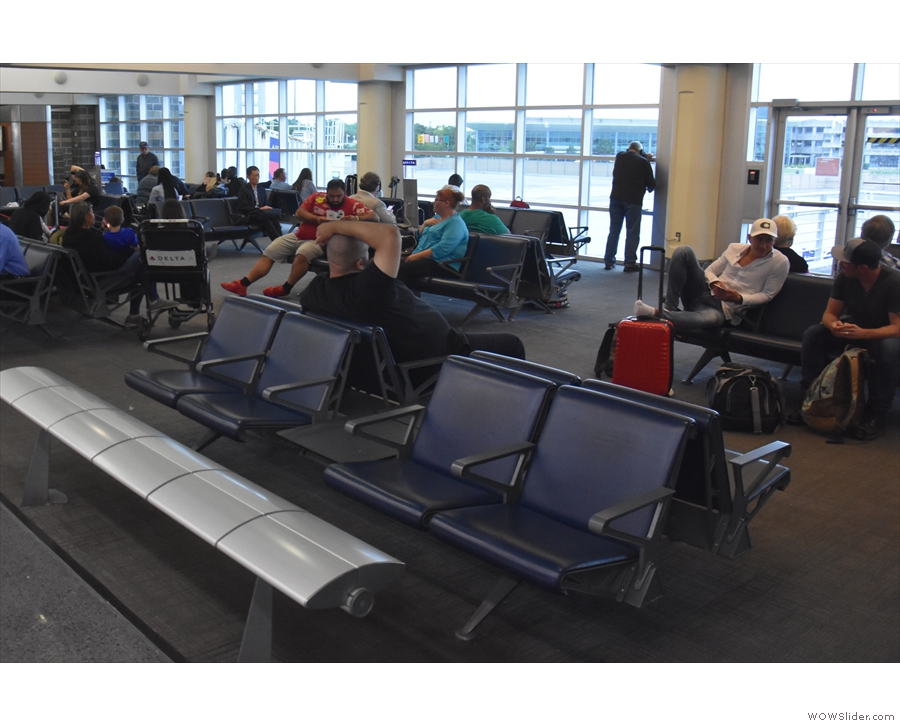
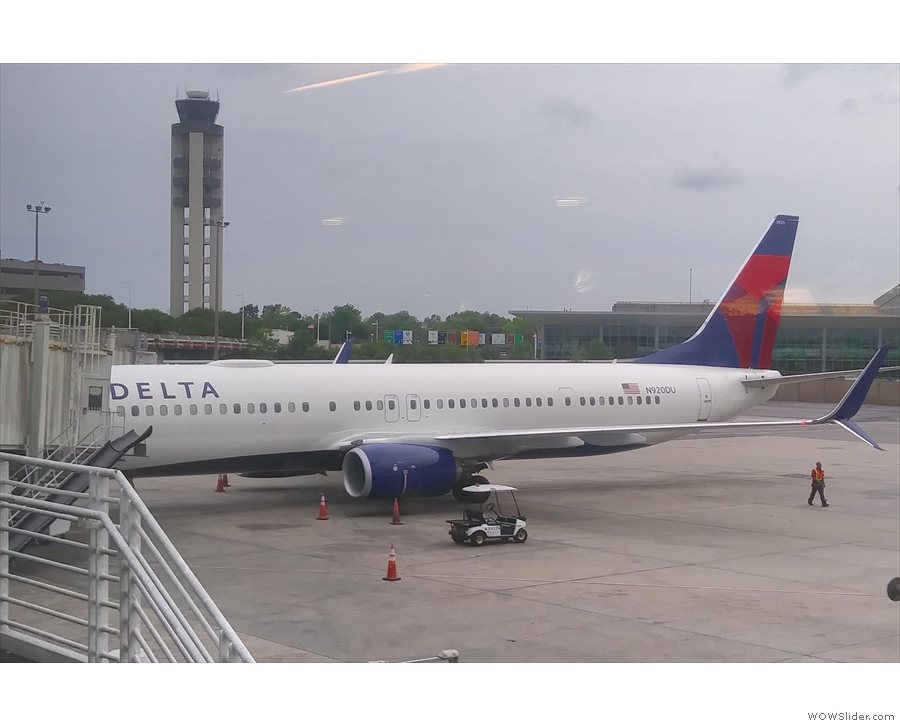
 1
1 2
2 3
3 4
4 5
5 6
6 7
7 8
8 9
9 10
10 11
11 12
12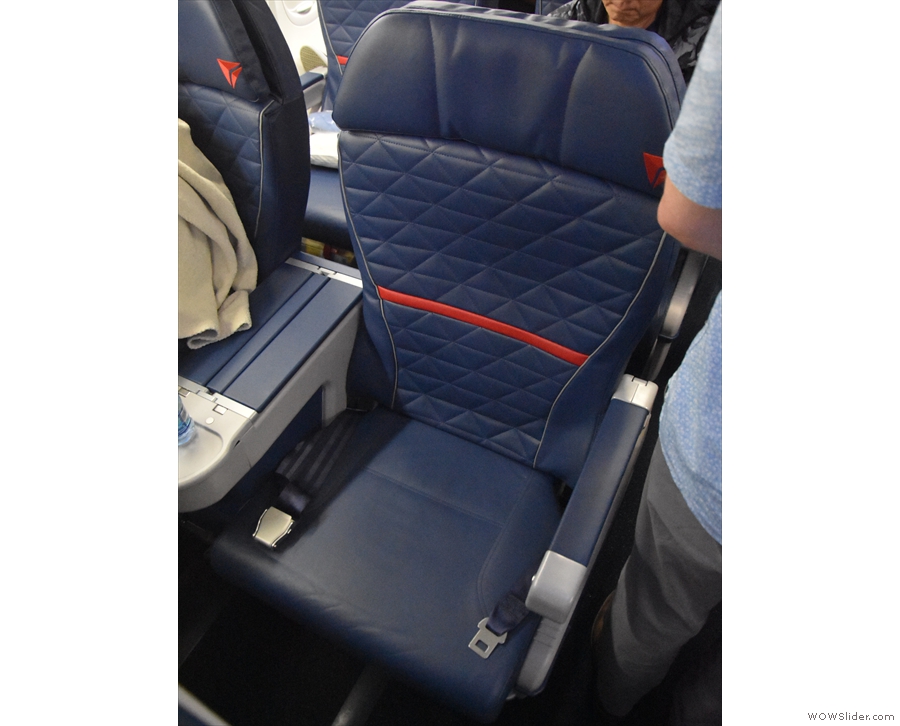
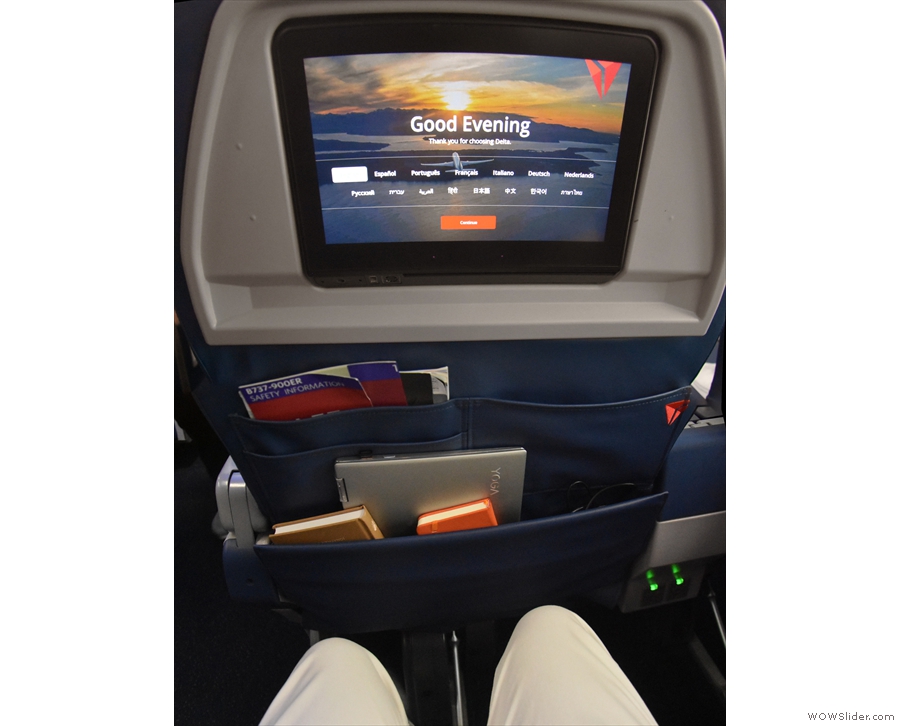
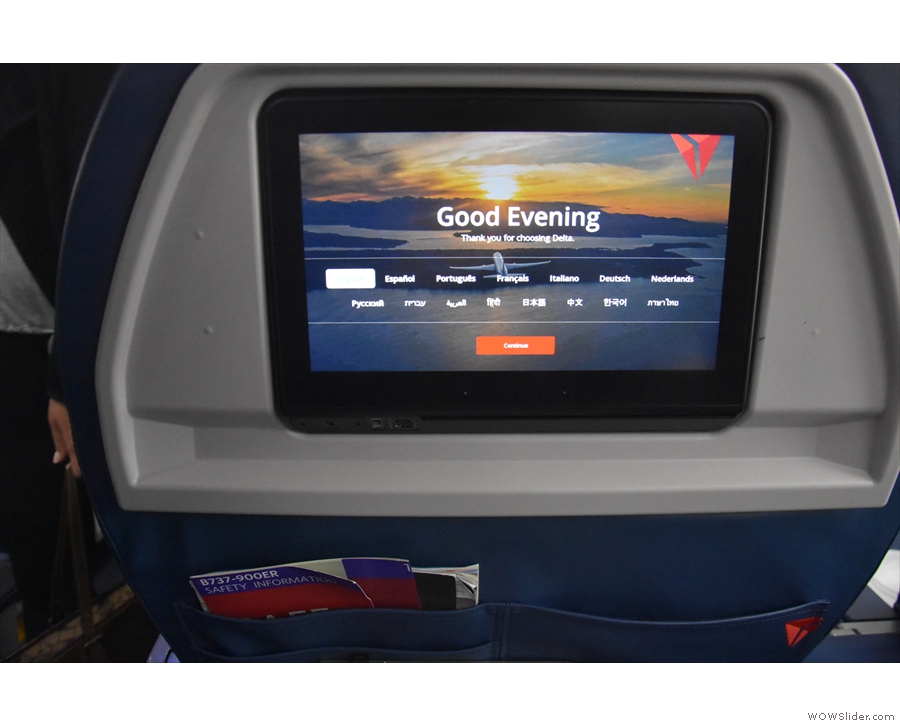
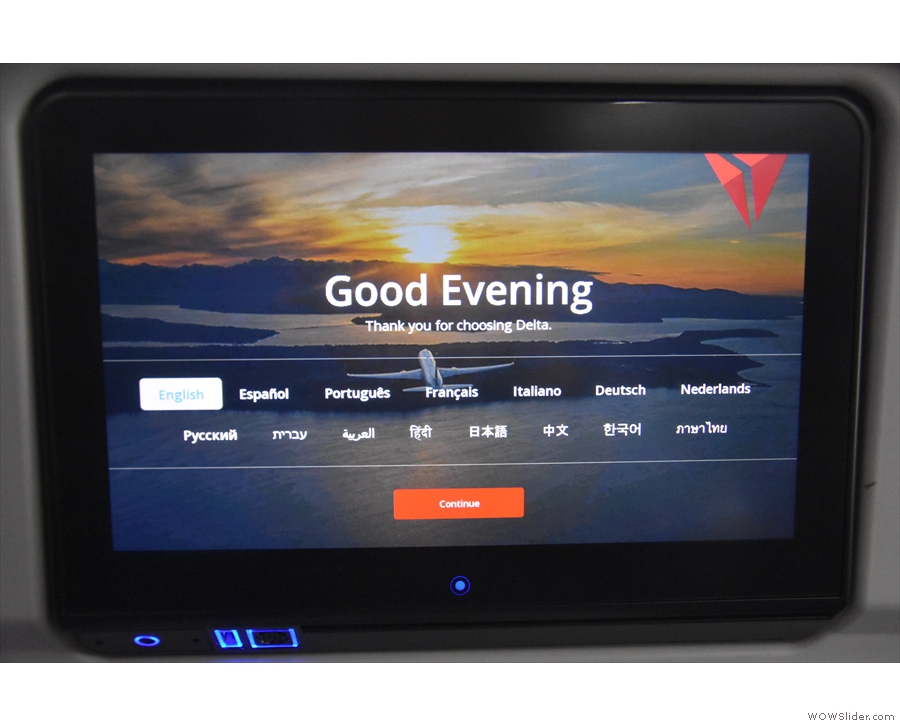
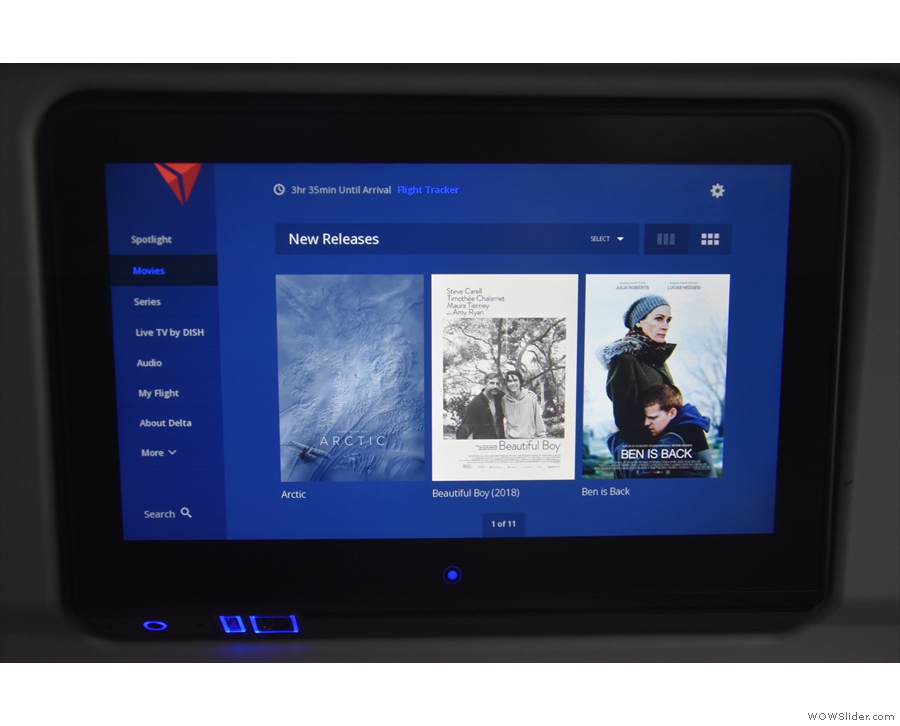
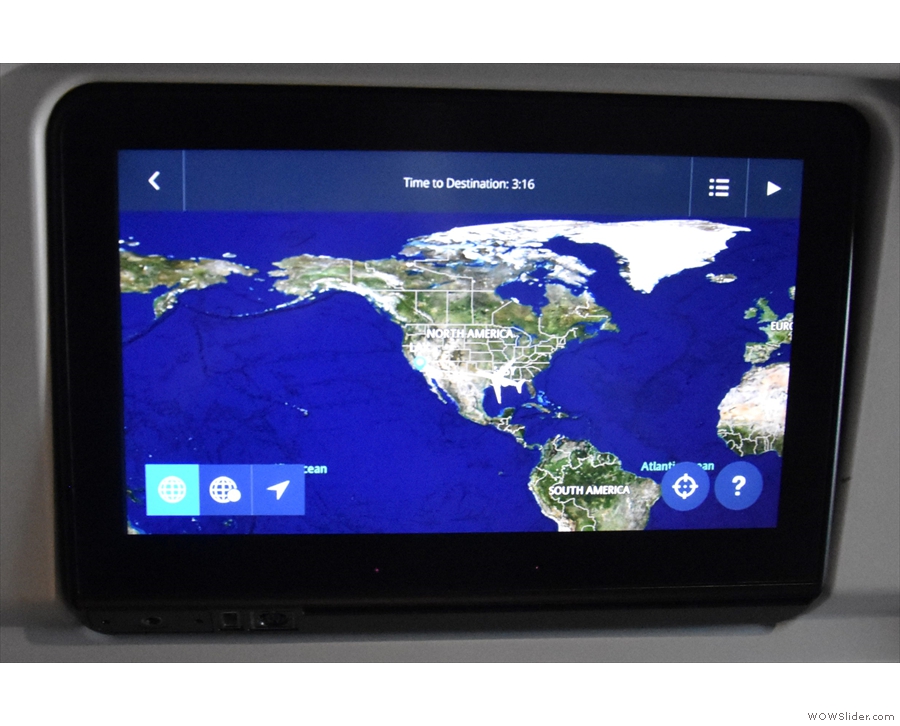
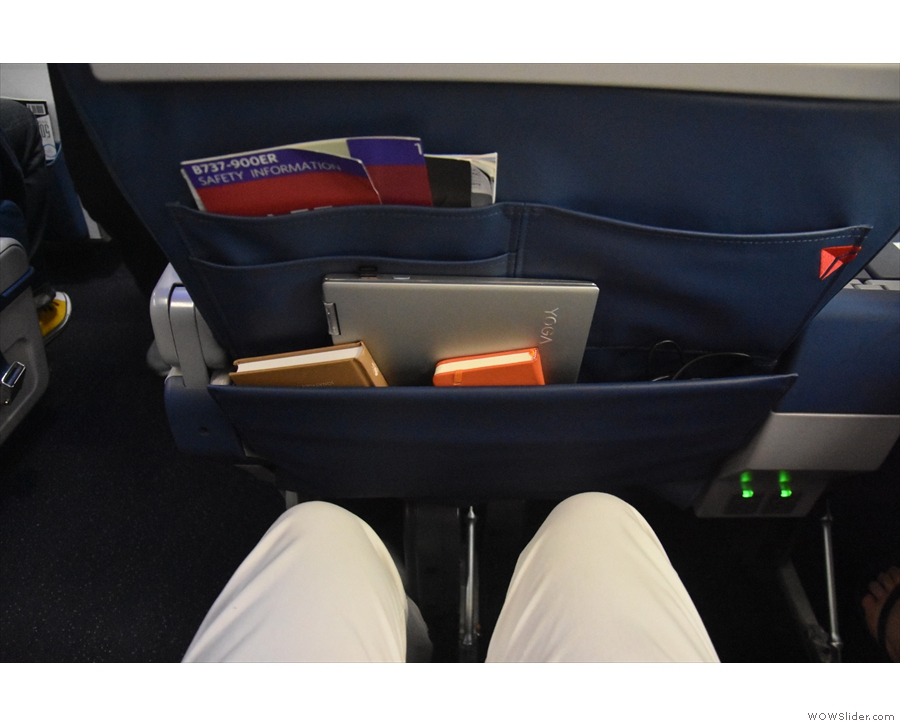
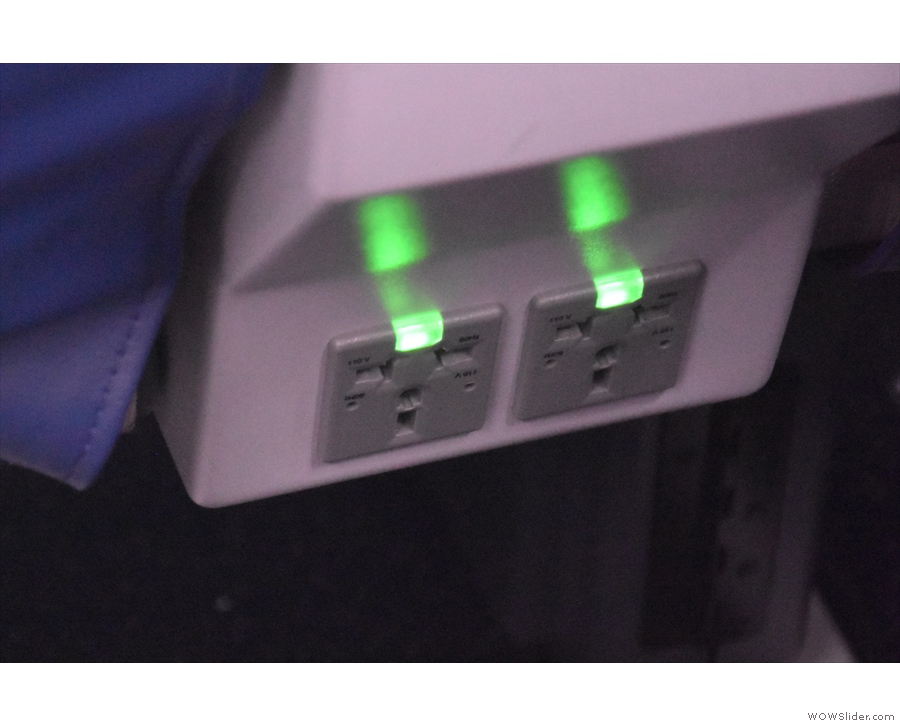
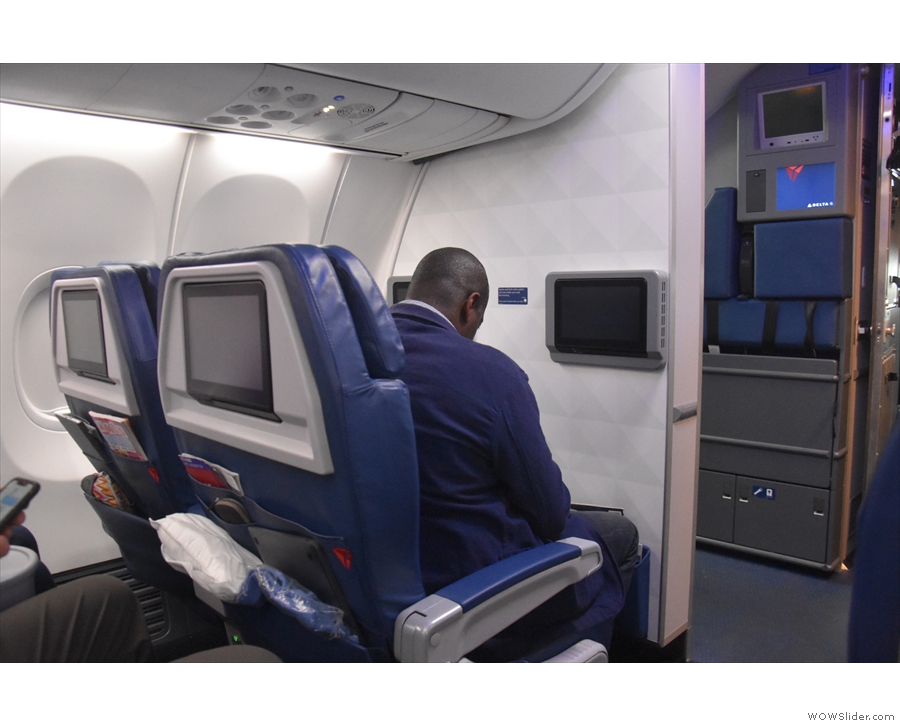
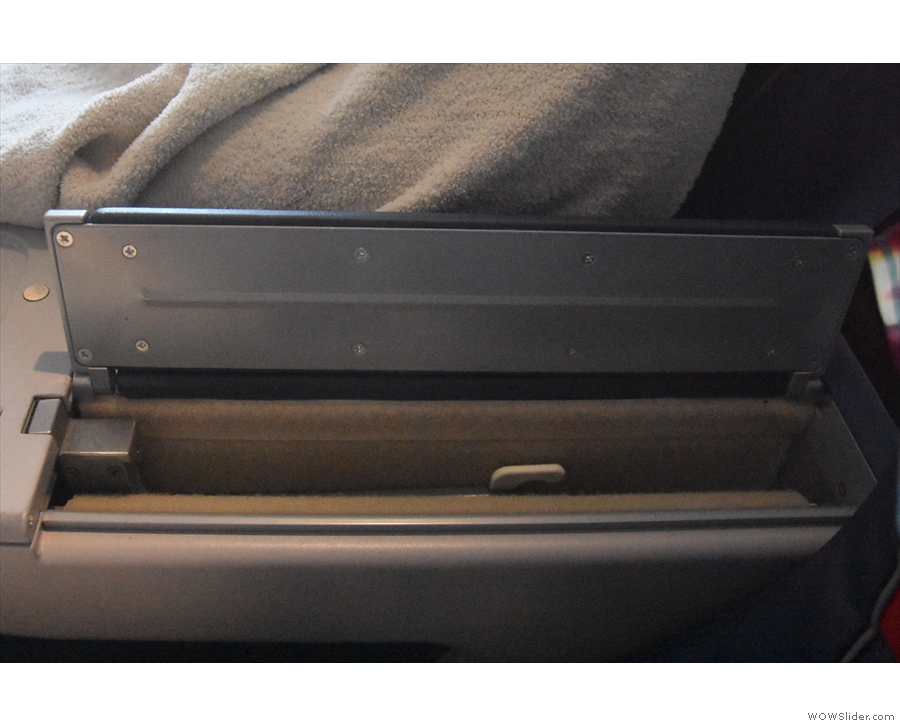
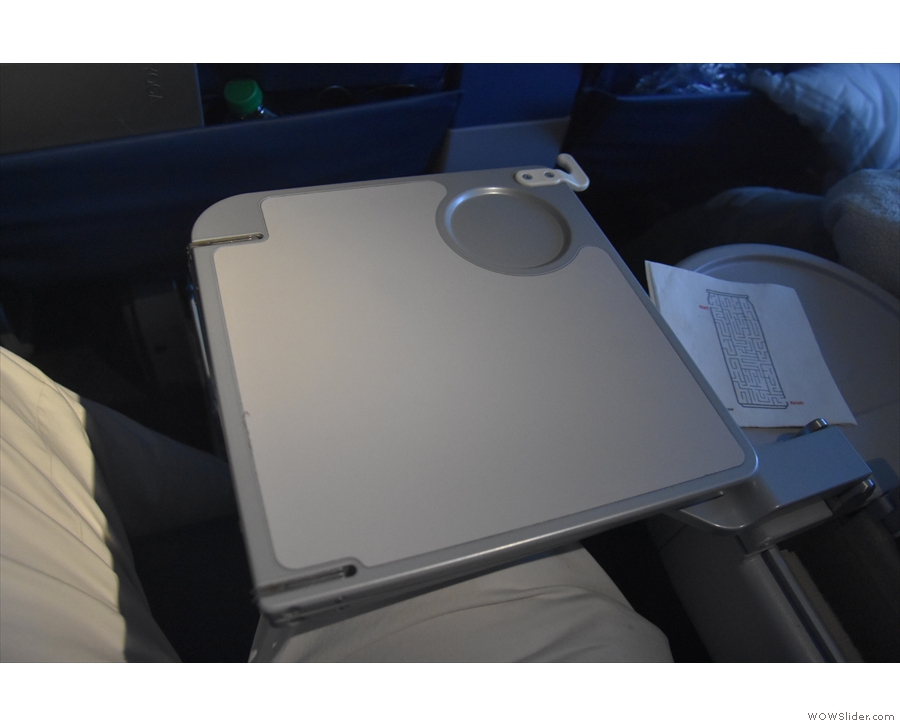
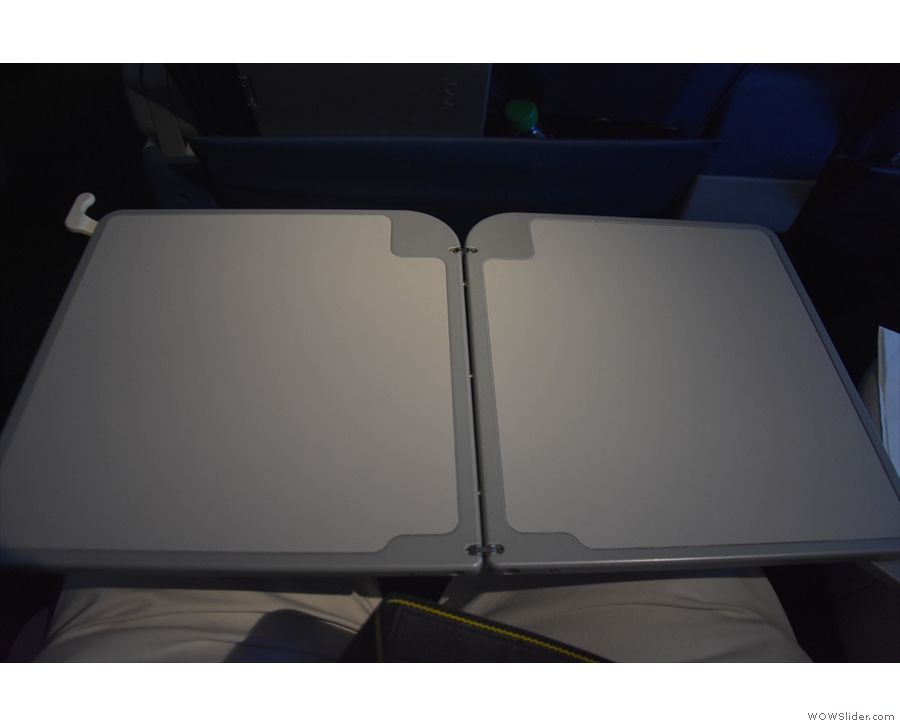
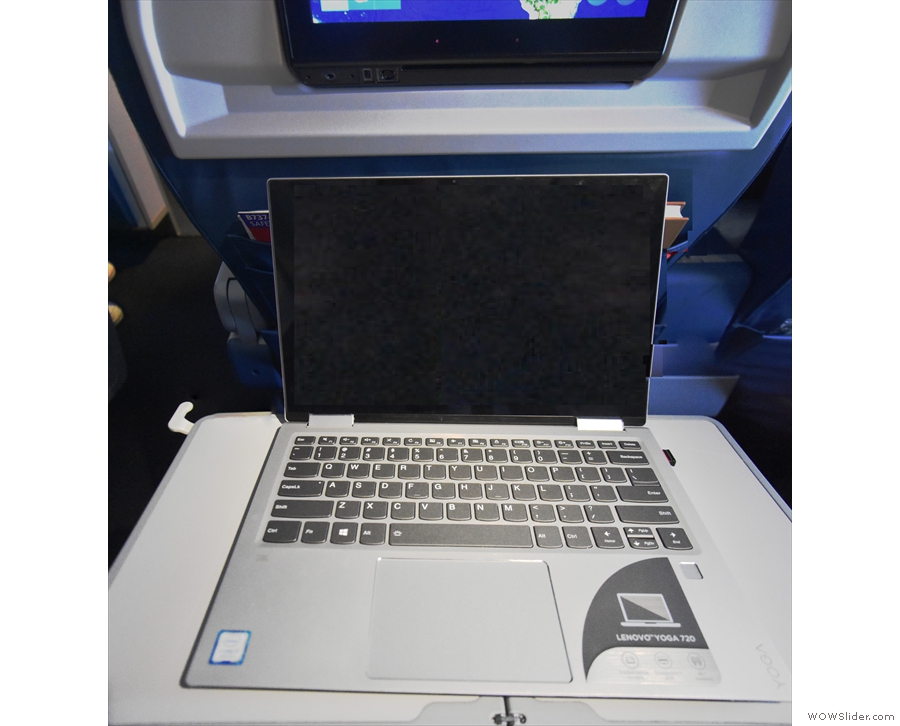
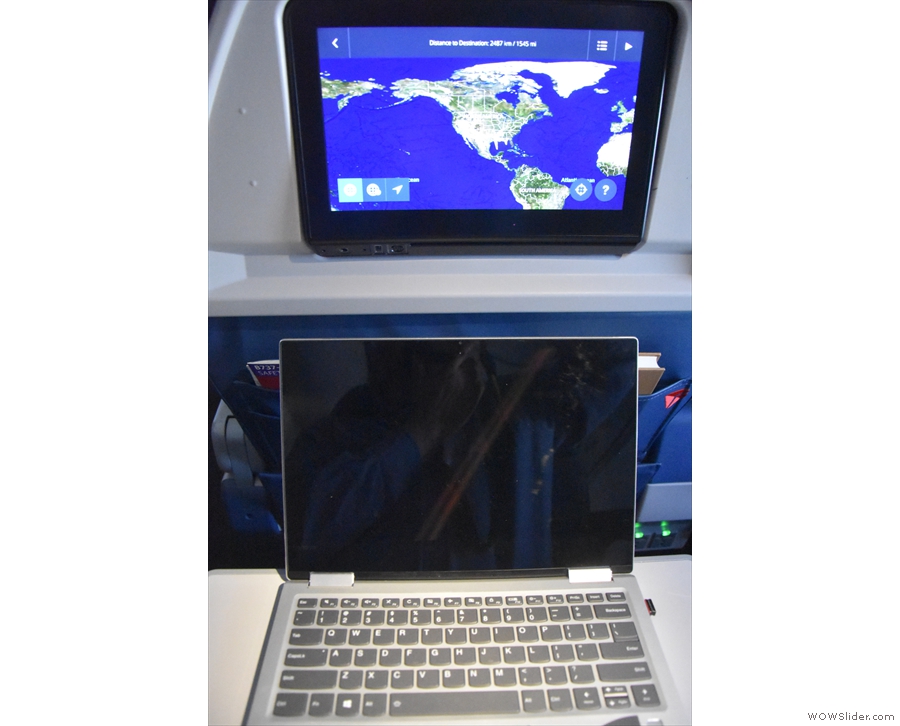
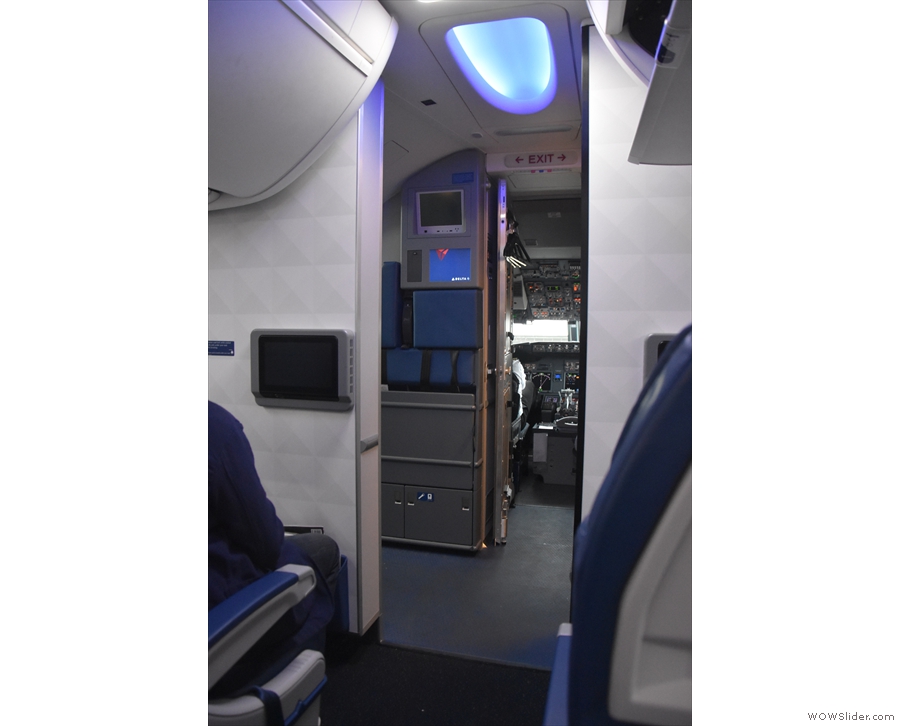
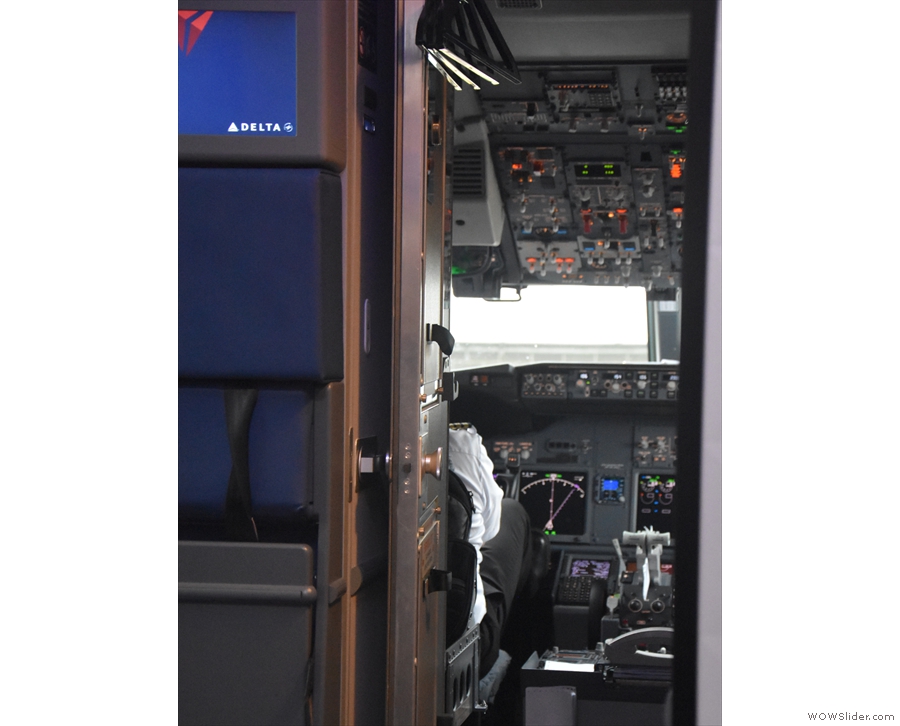
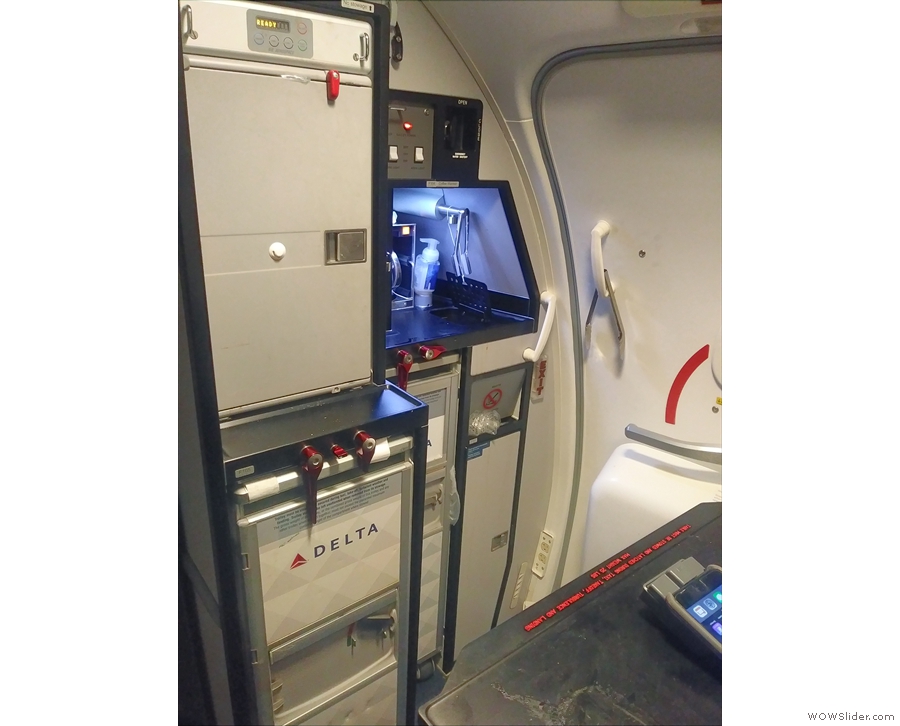
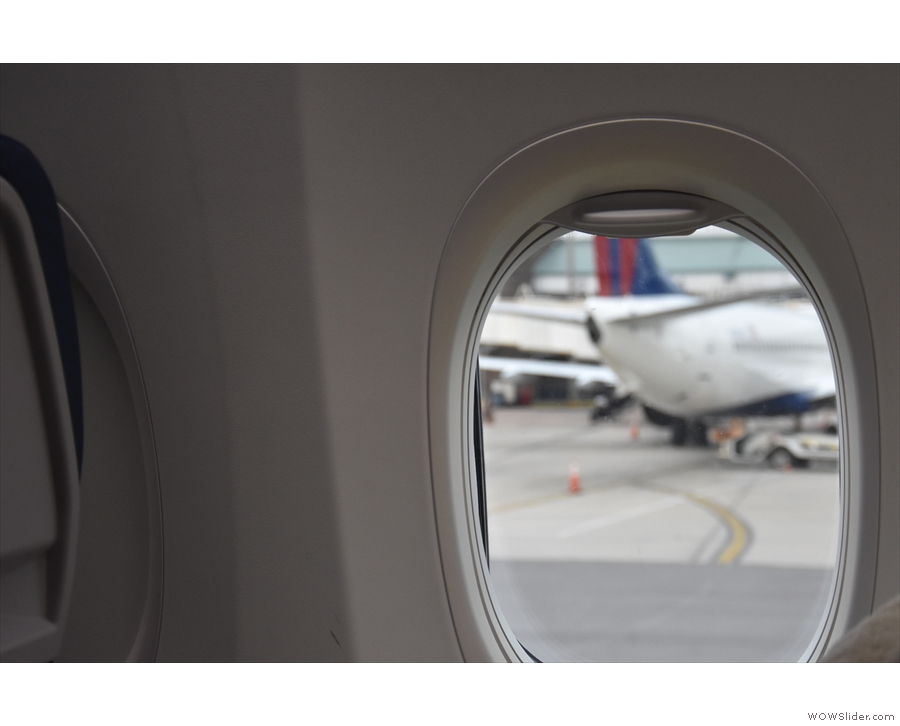
 1
1 2
2 3
3 4
4 5
5 6
6 7
7 8
8 9
9 10
10 11
11 12
12 13
13 14
14 15
15 16
16 17
17 18
18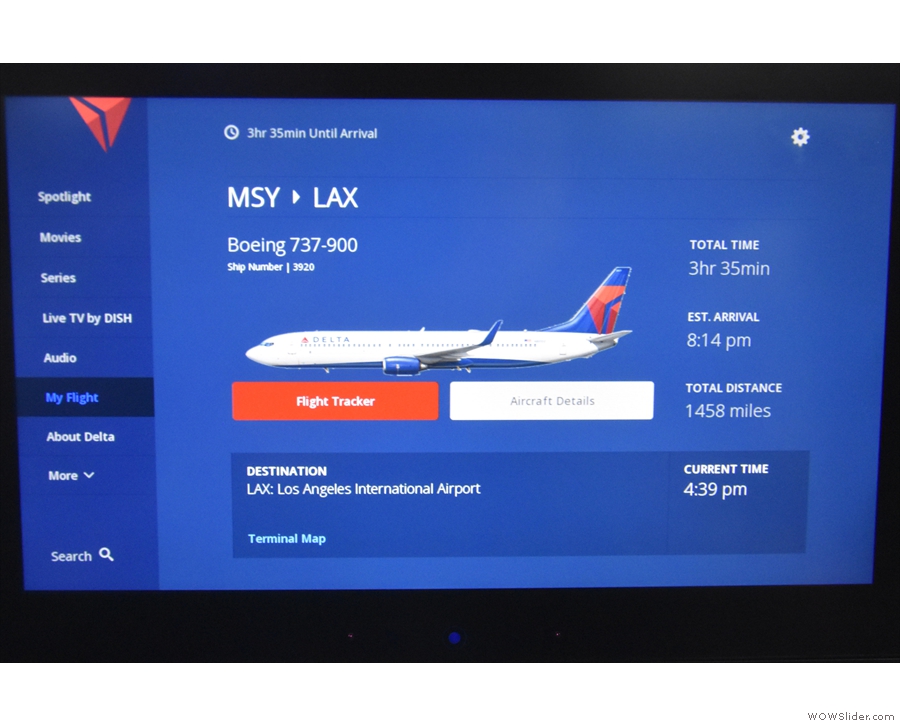
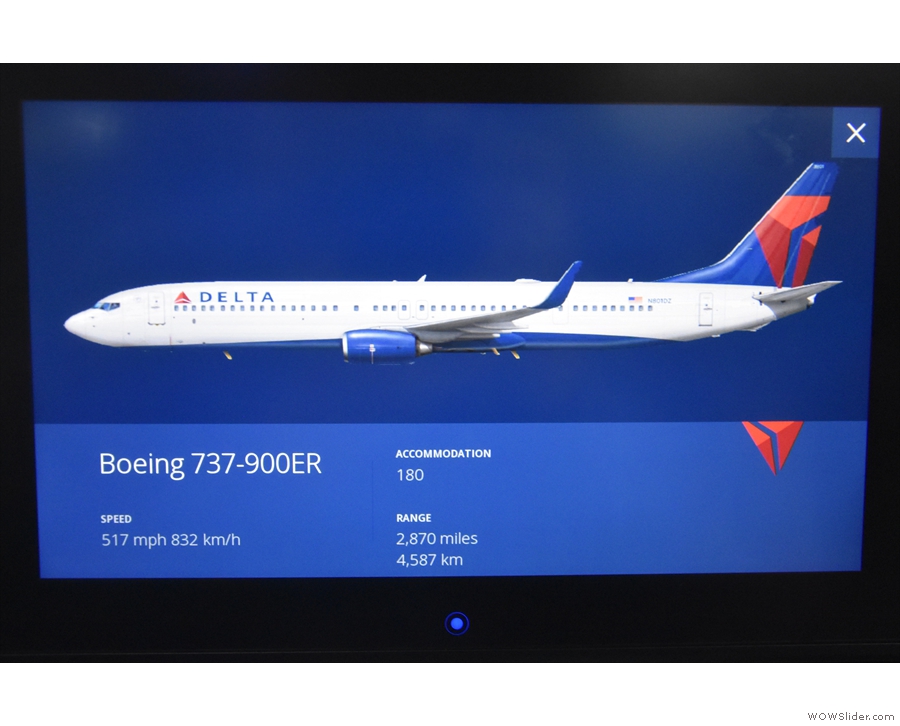
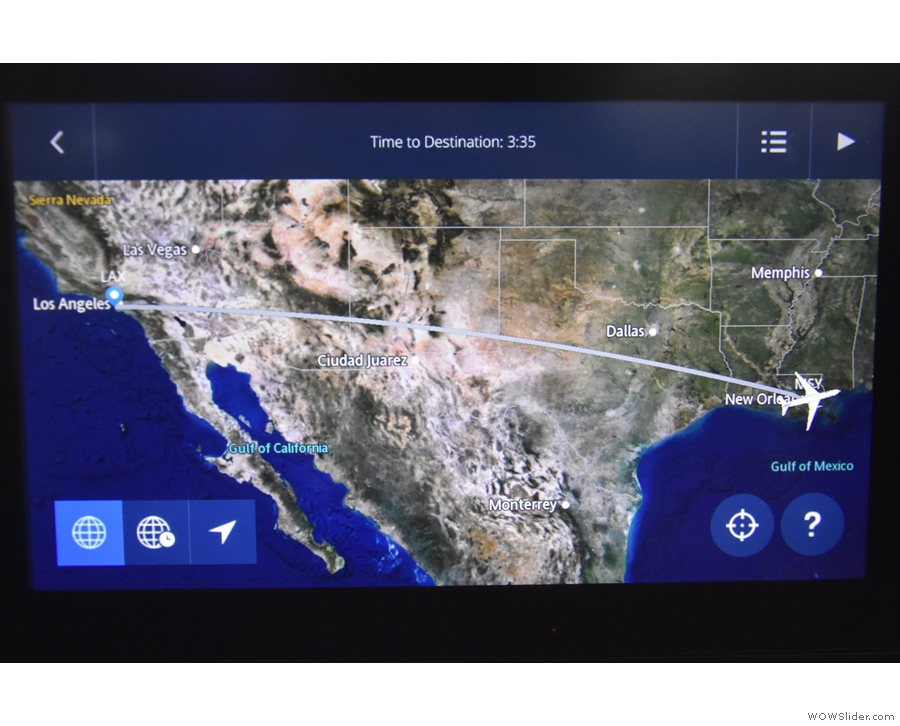
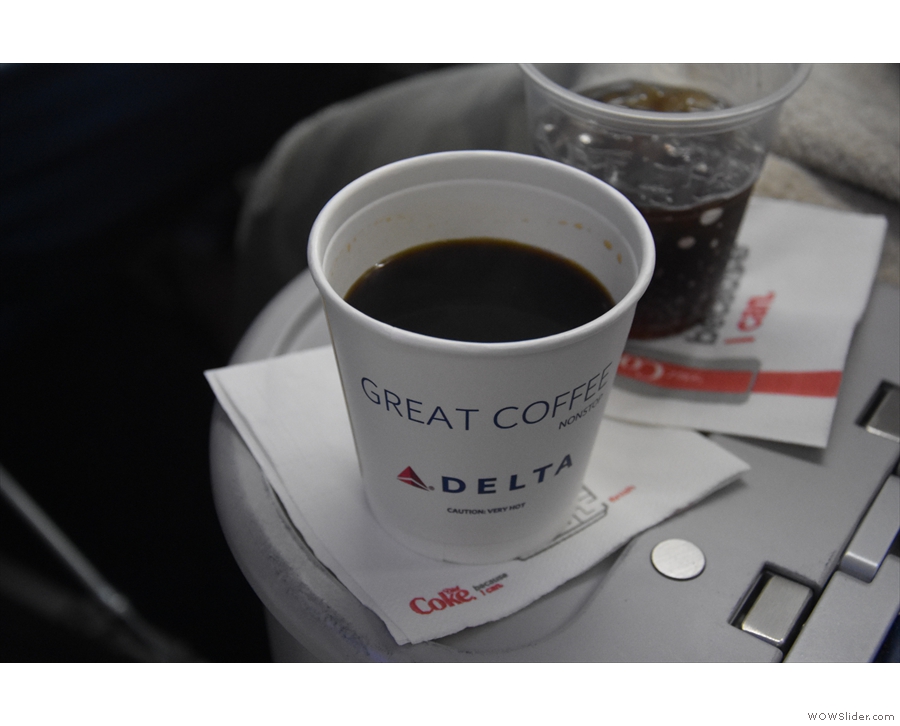
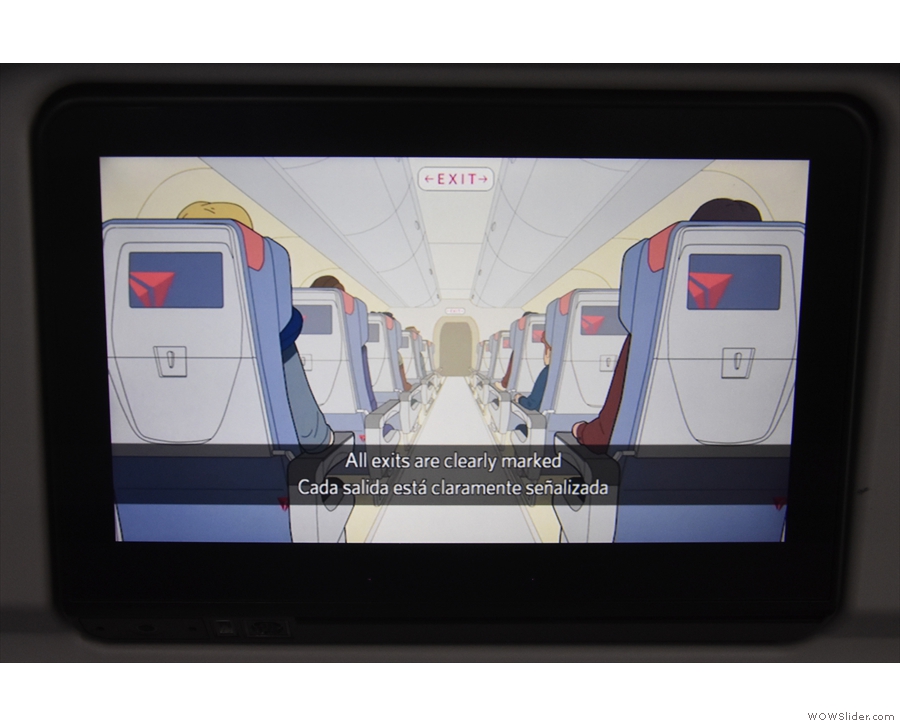
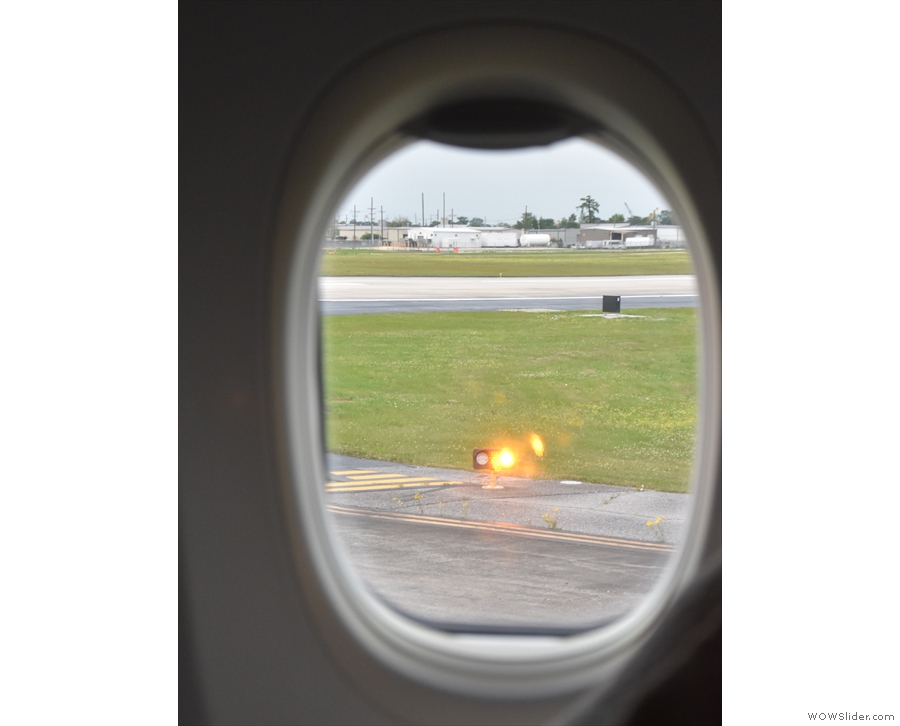
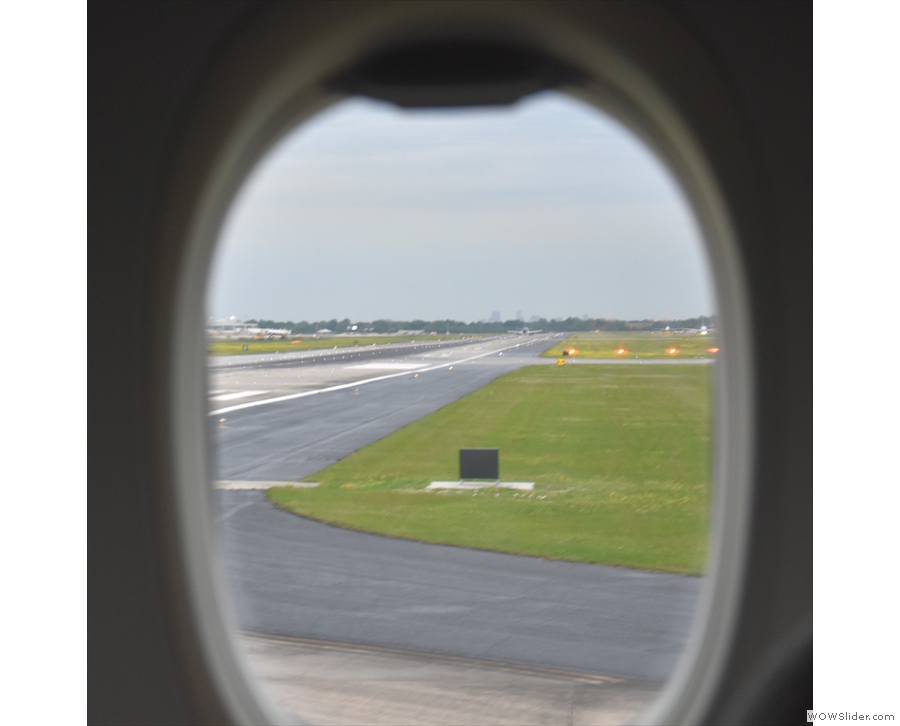
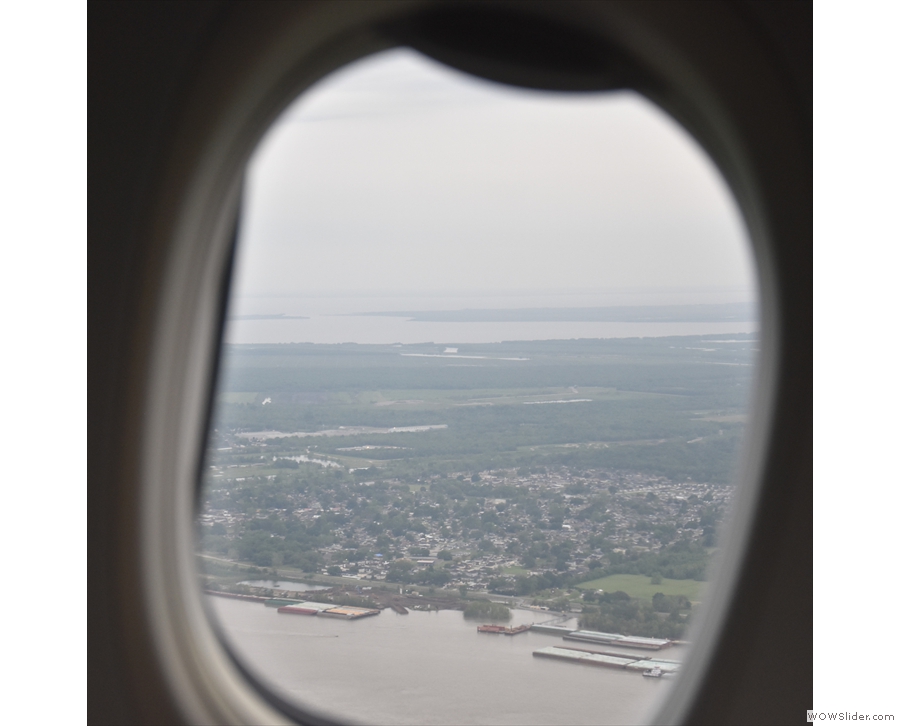
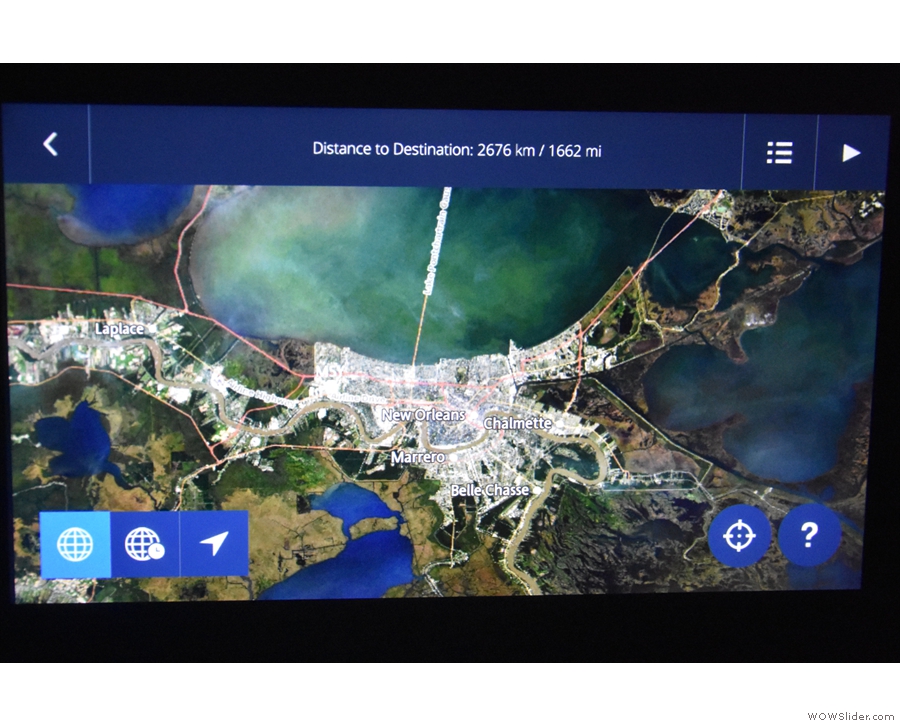
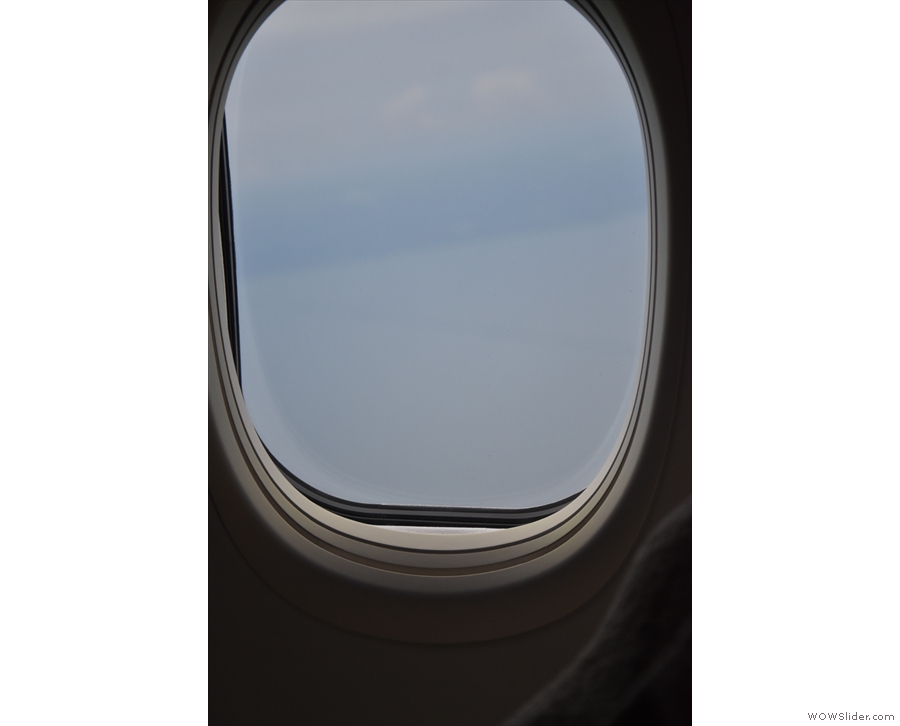
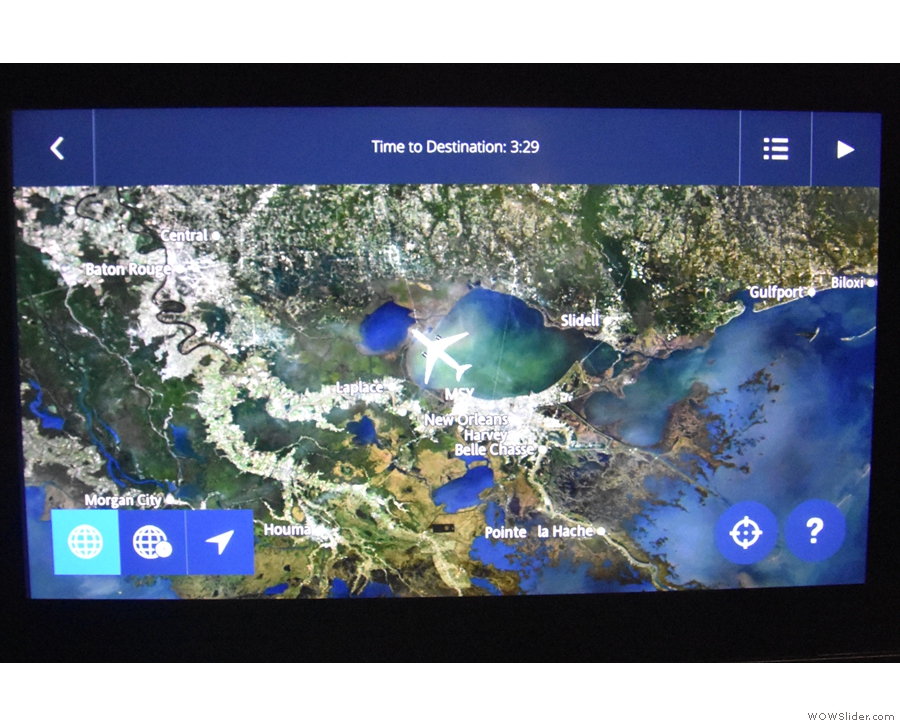
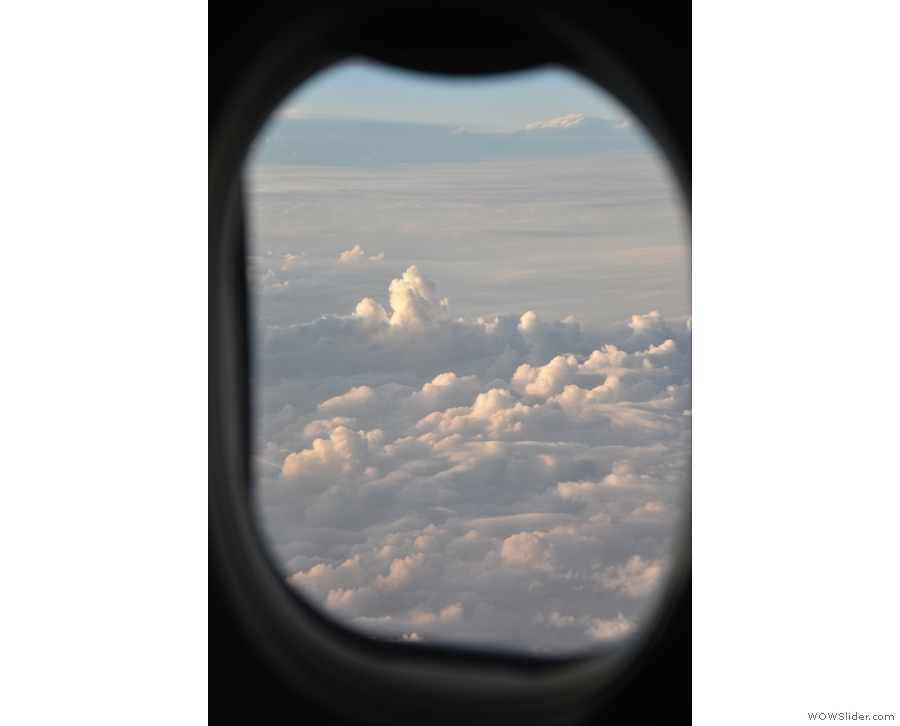
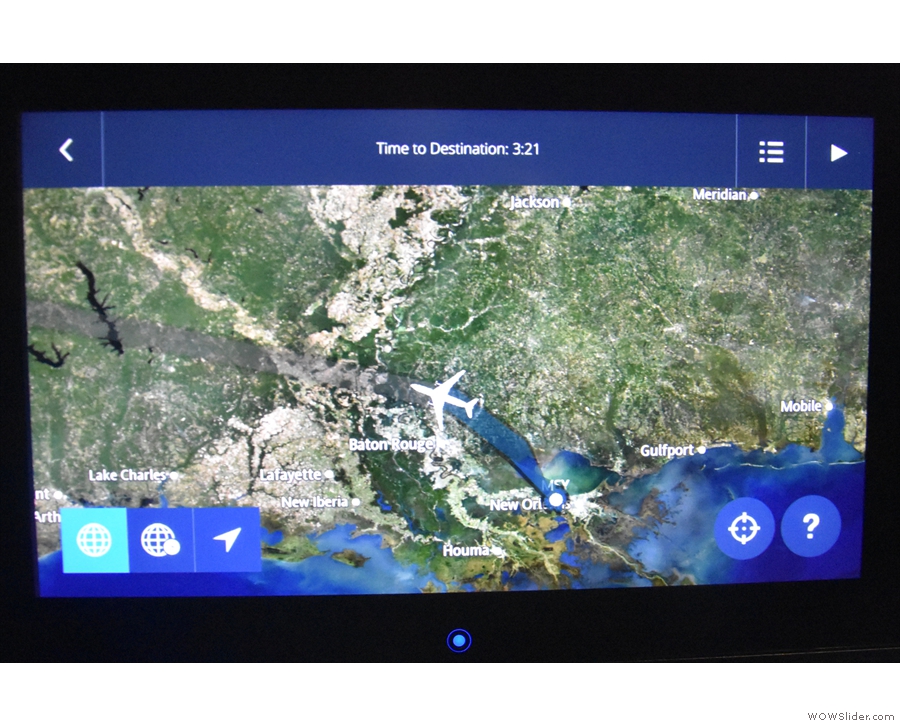
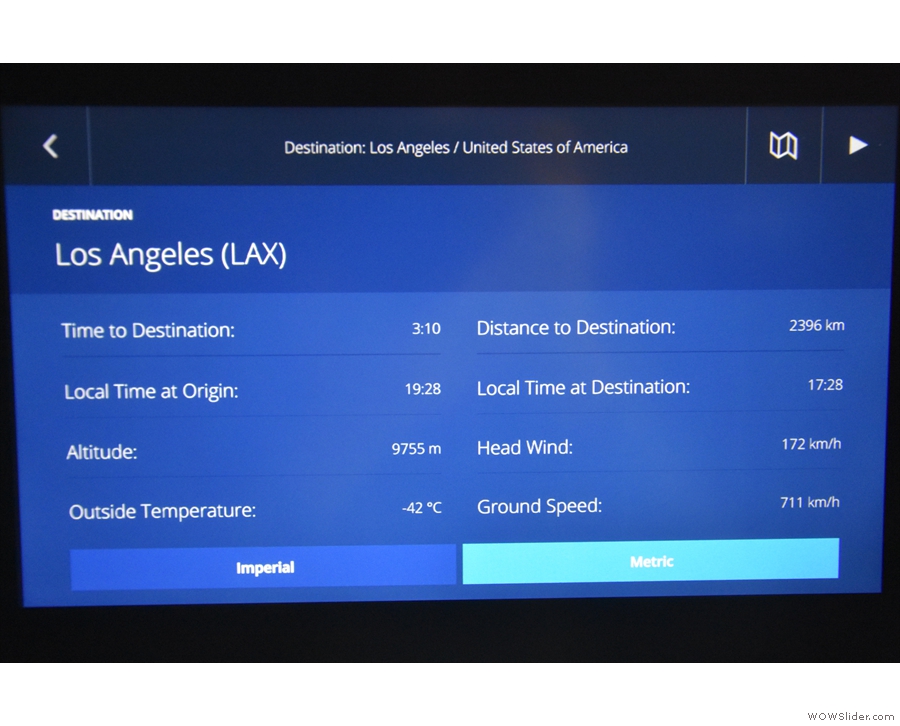
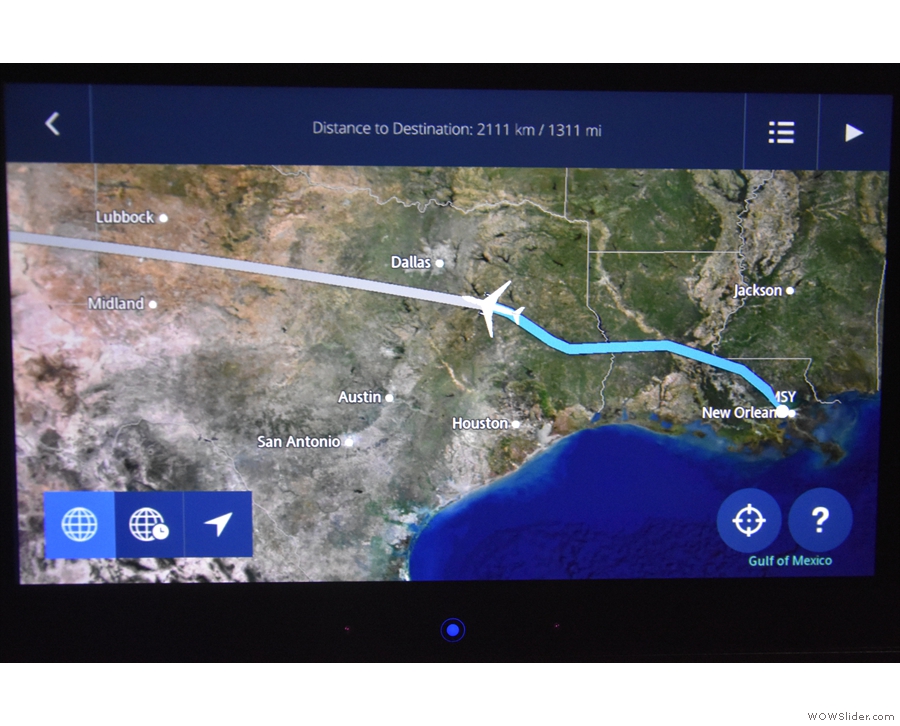
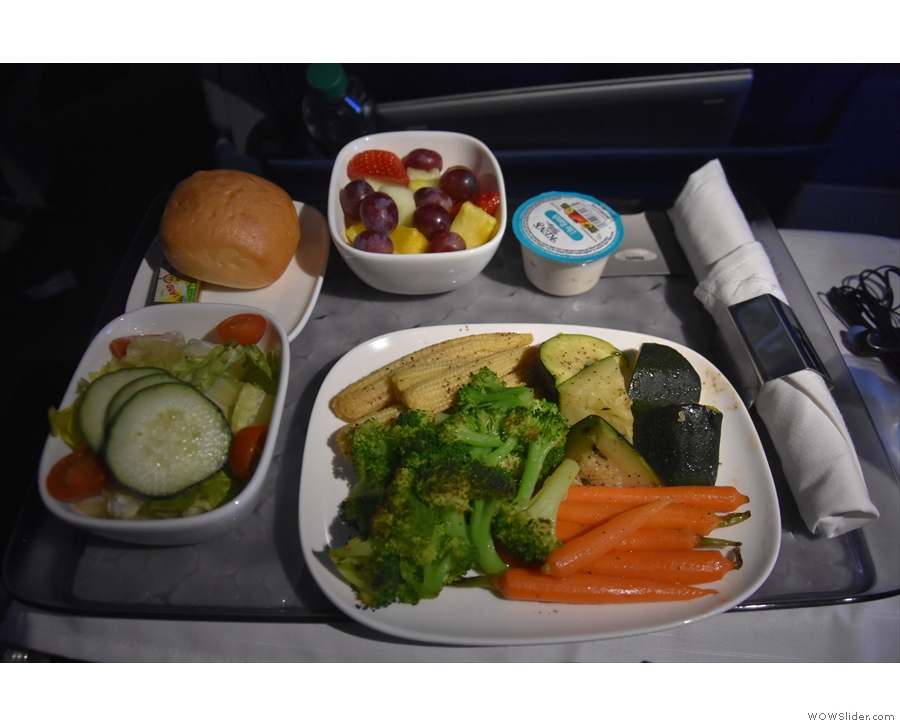
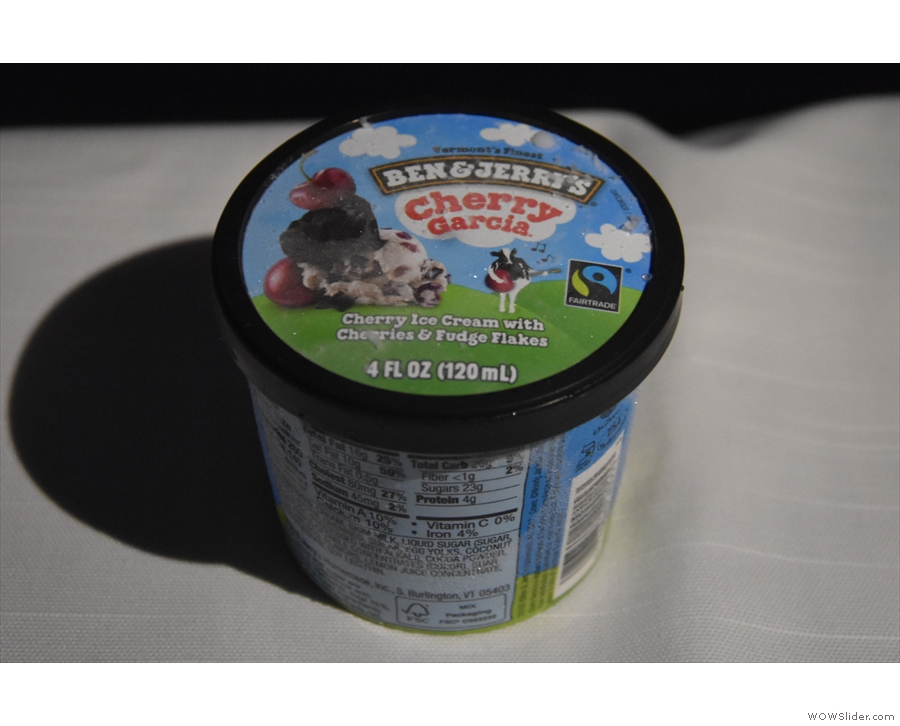
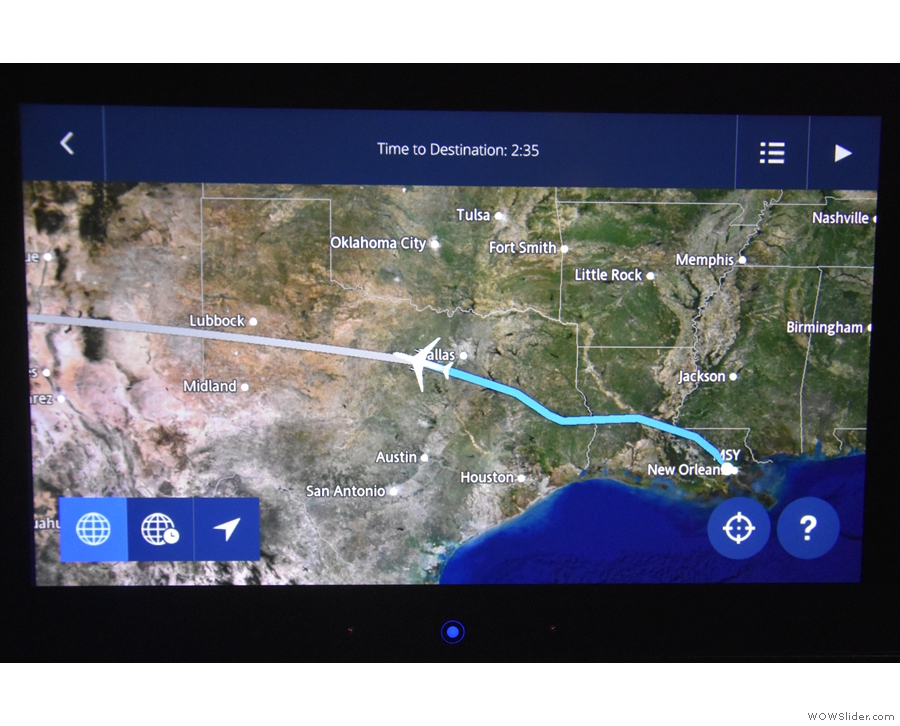
 1
1 2
2 3
3 4
4 5
5 6
6 7
7 8
8 9
9 10
10 11
11 12
12 13
13 14
14 15
15 16
16 17
17 18
18

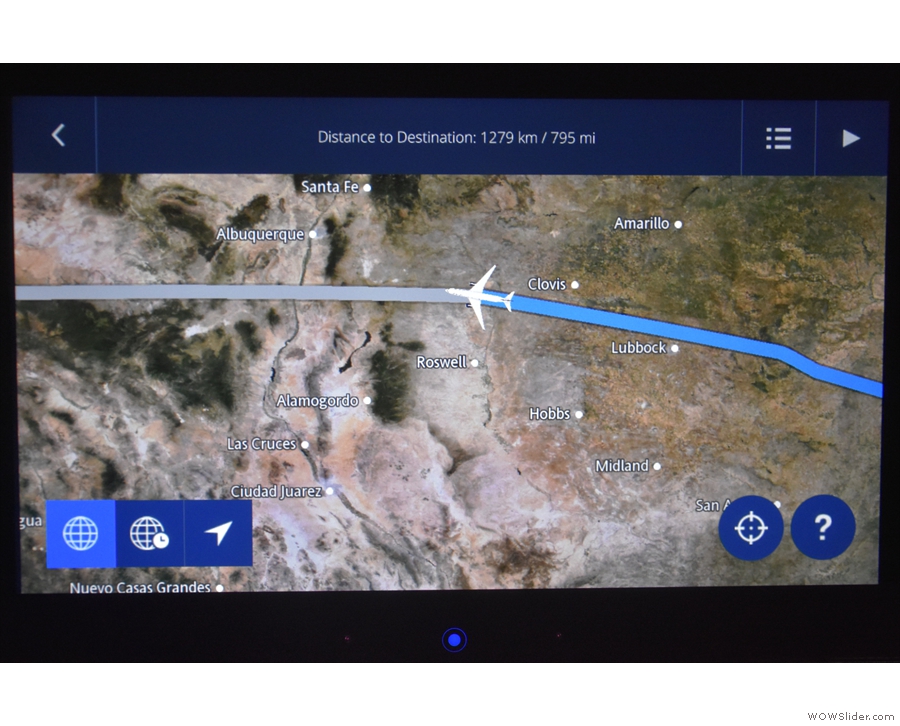
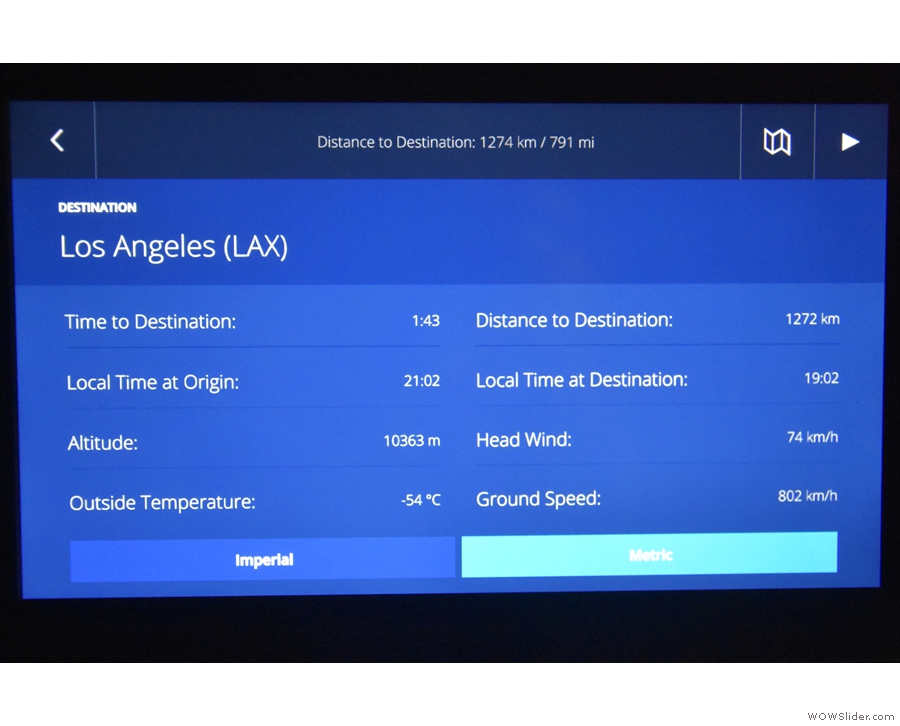
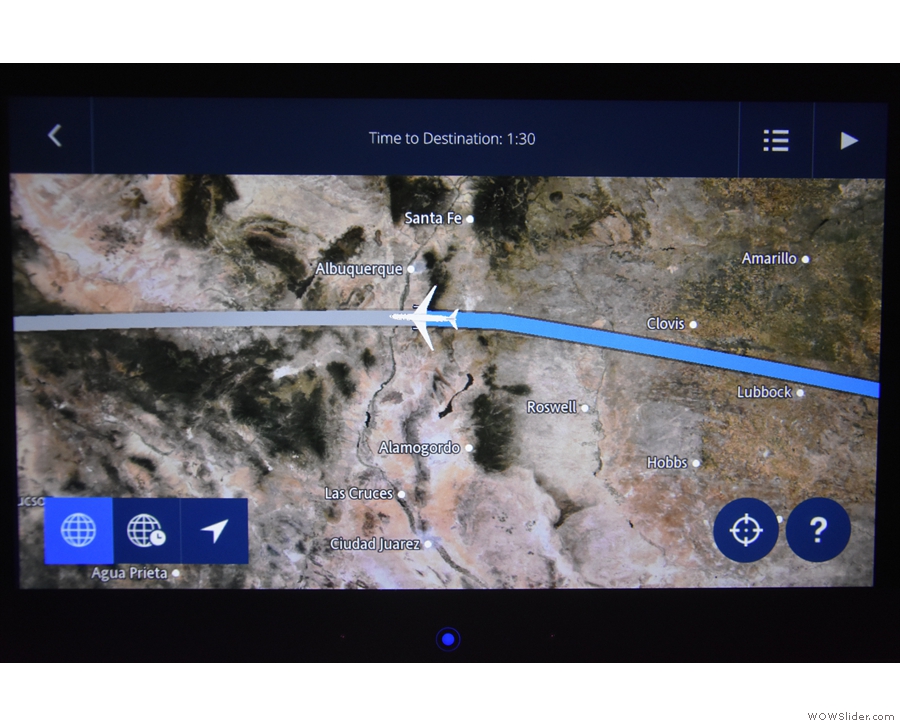
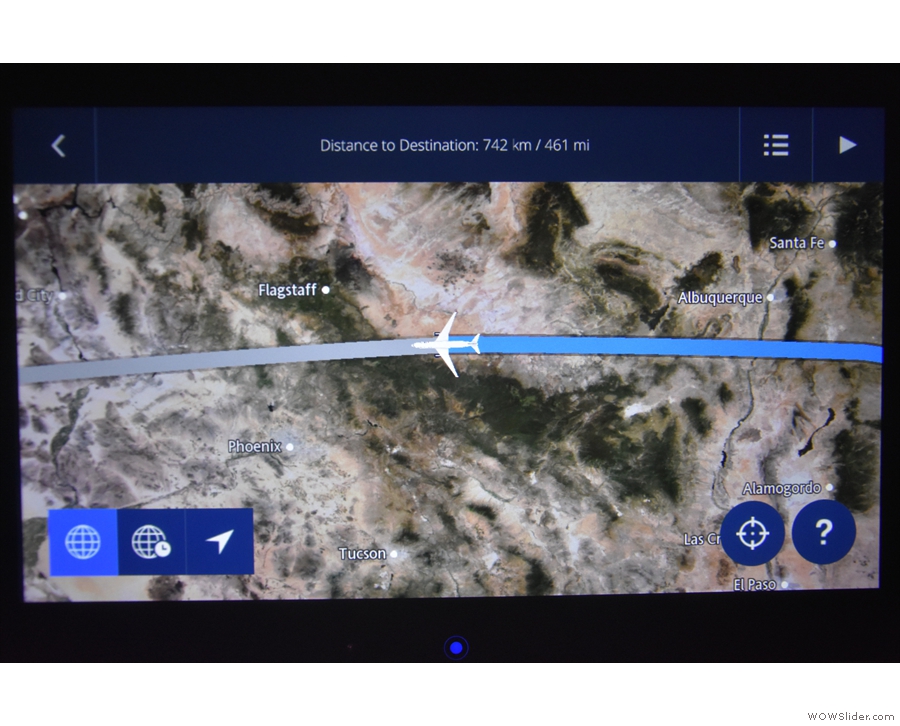
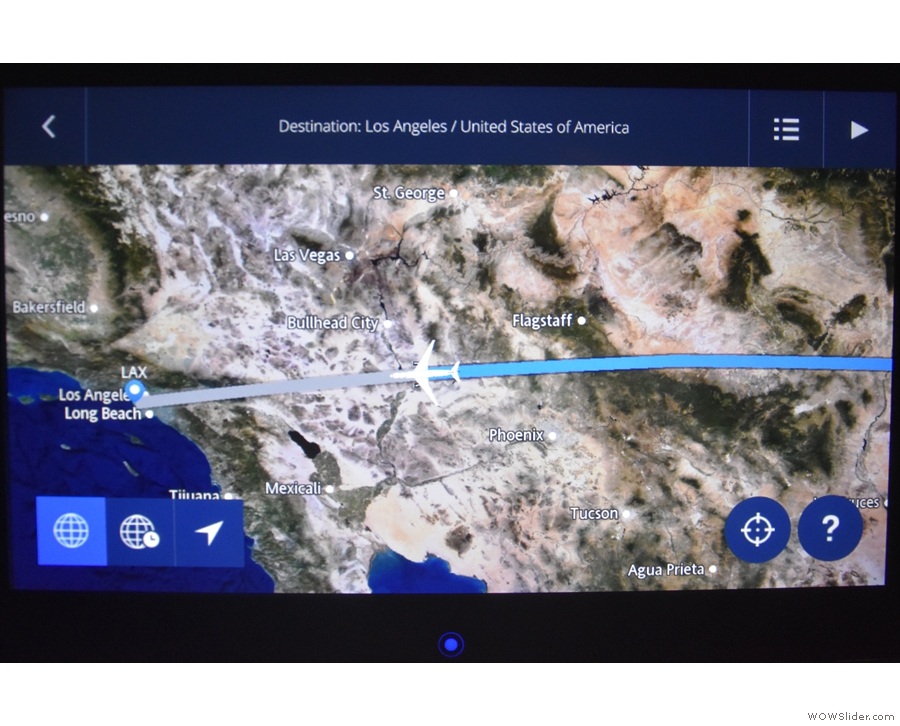
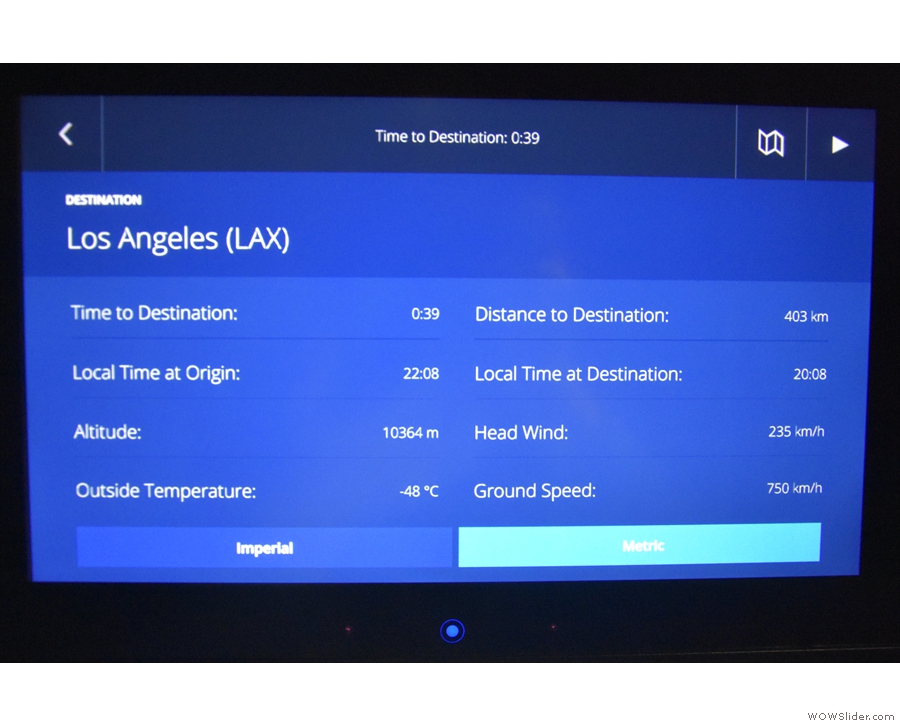
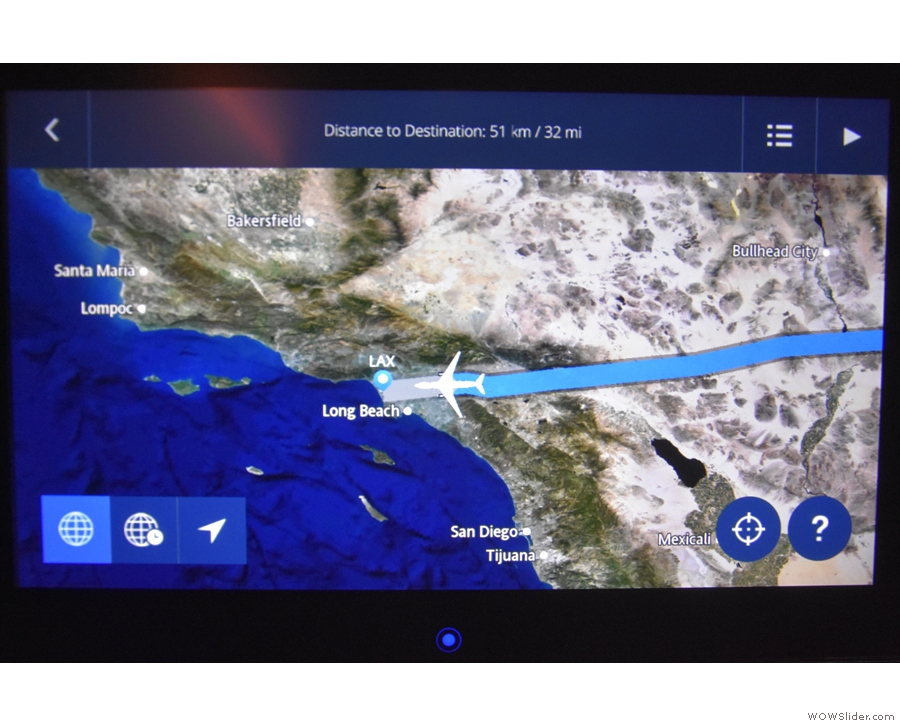
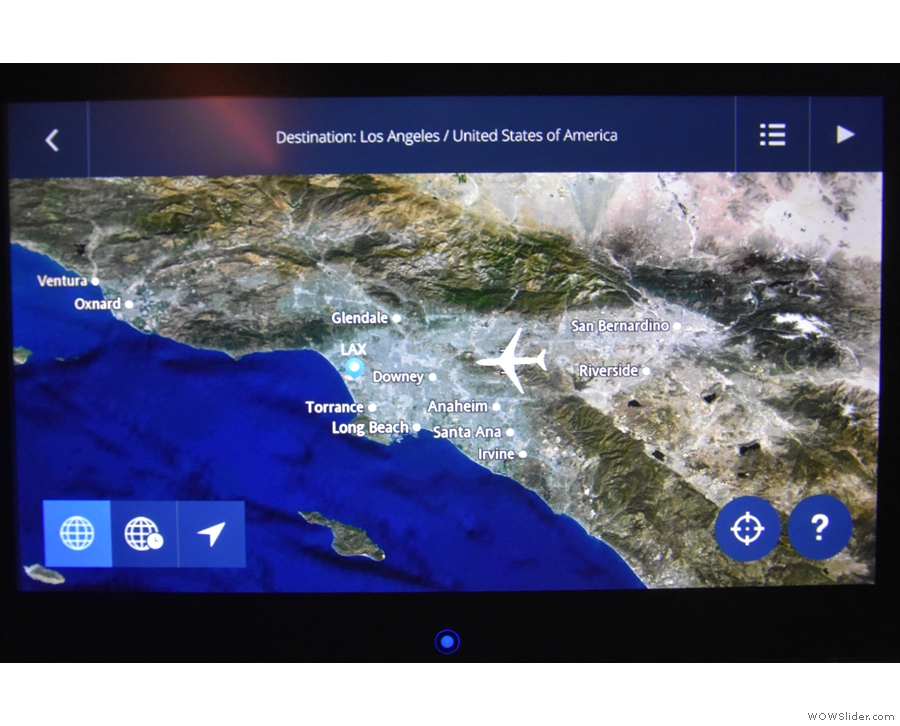
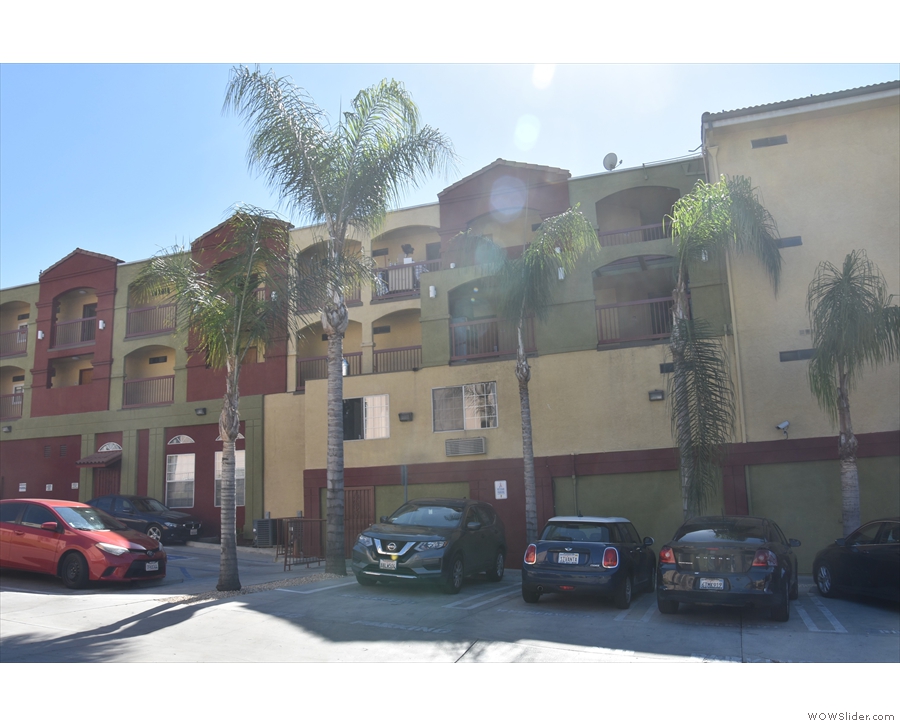
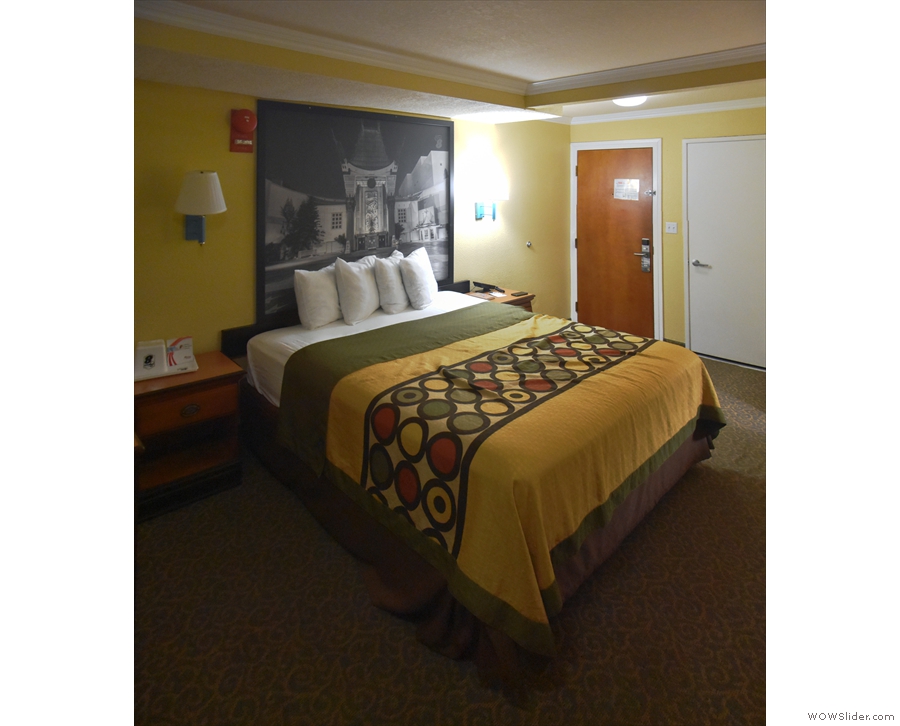

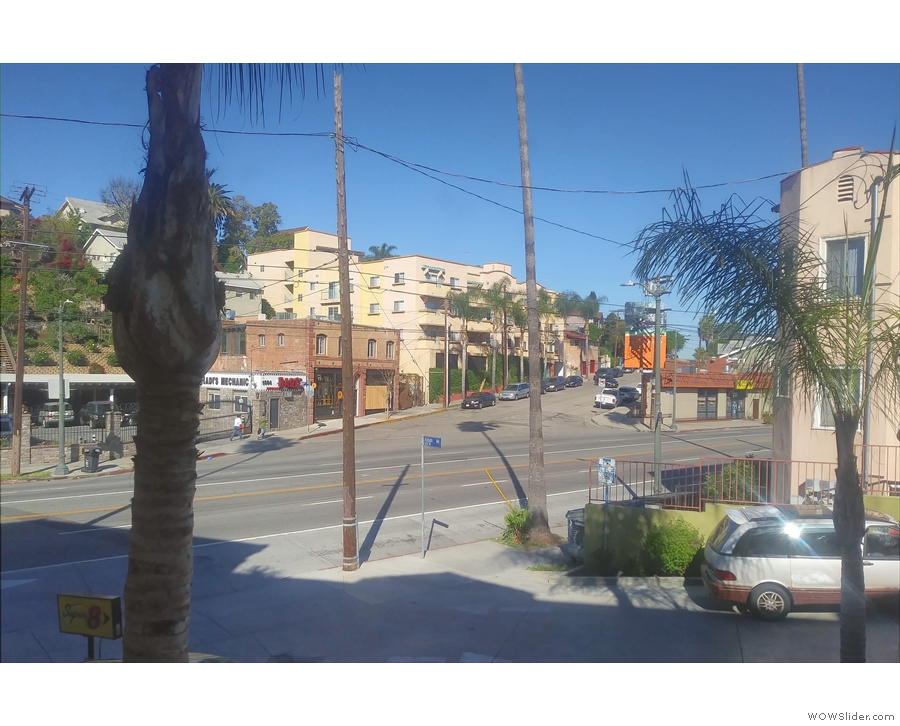
 1
1 2
2 3
3 4
4 5
5 6
6 7
7 8
8 9
9 10
10 11
11 12
12 13
13 14
14
Pingback: Brian’s Travel Spot: Coast Starlight, Los Angeles to San Jose | Brian's Coffee Spot
Pingback: Travels with my Coffee: USA 2019 | Brian's Coffee Spot